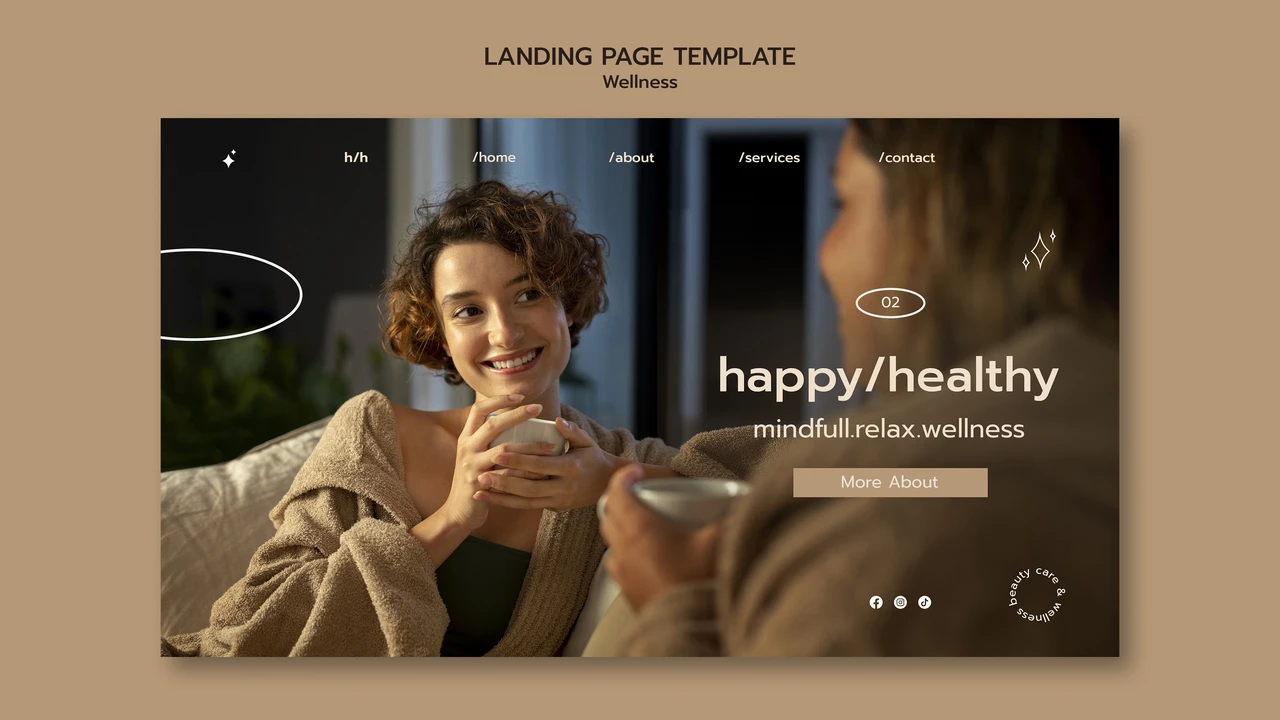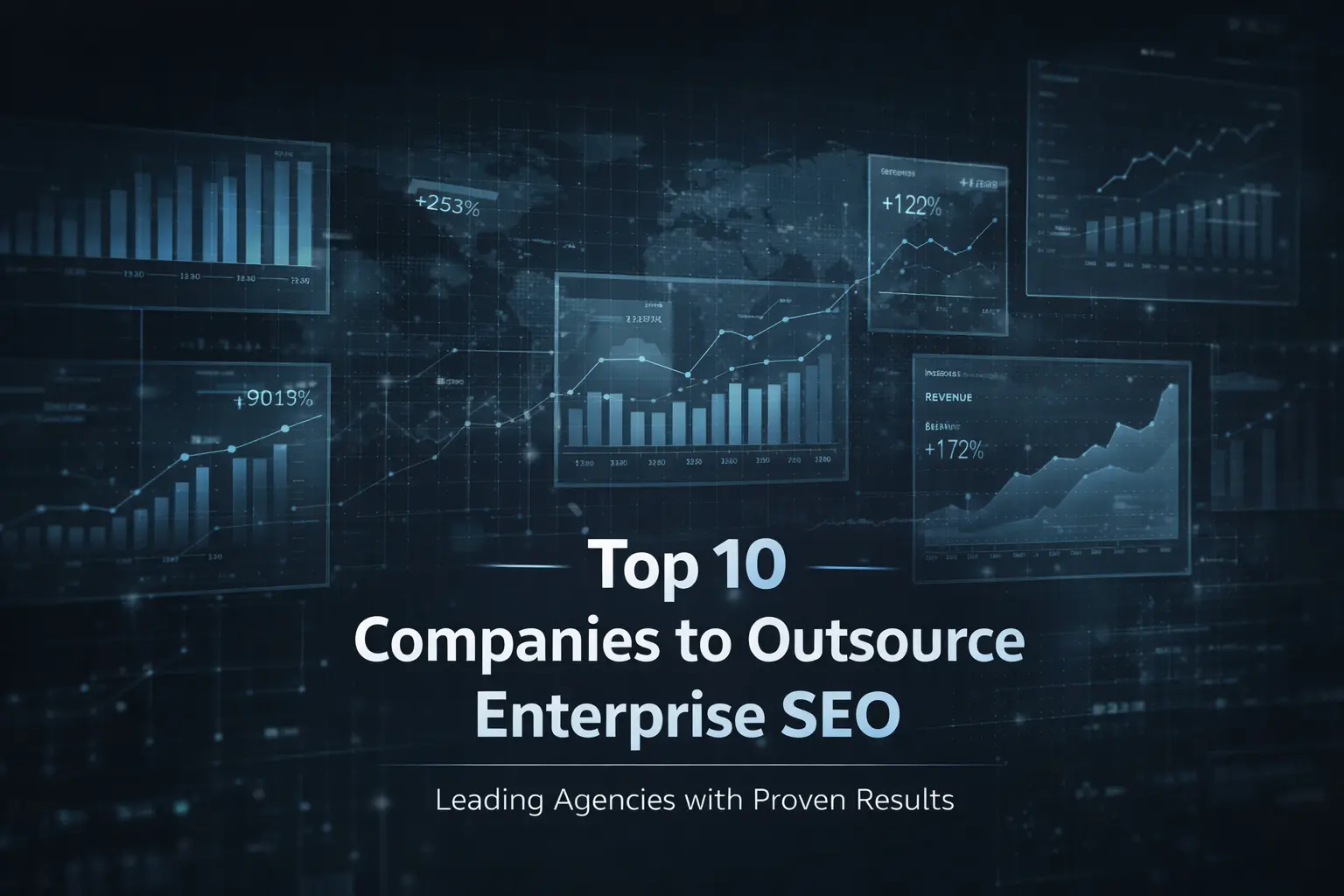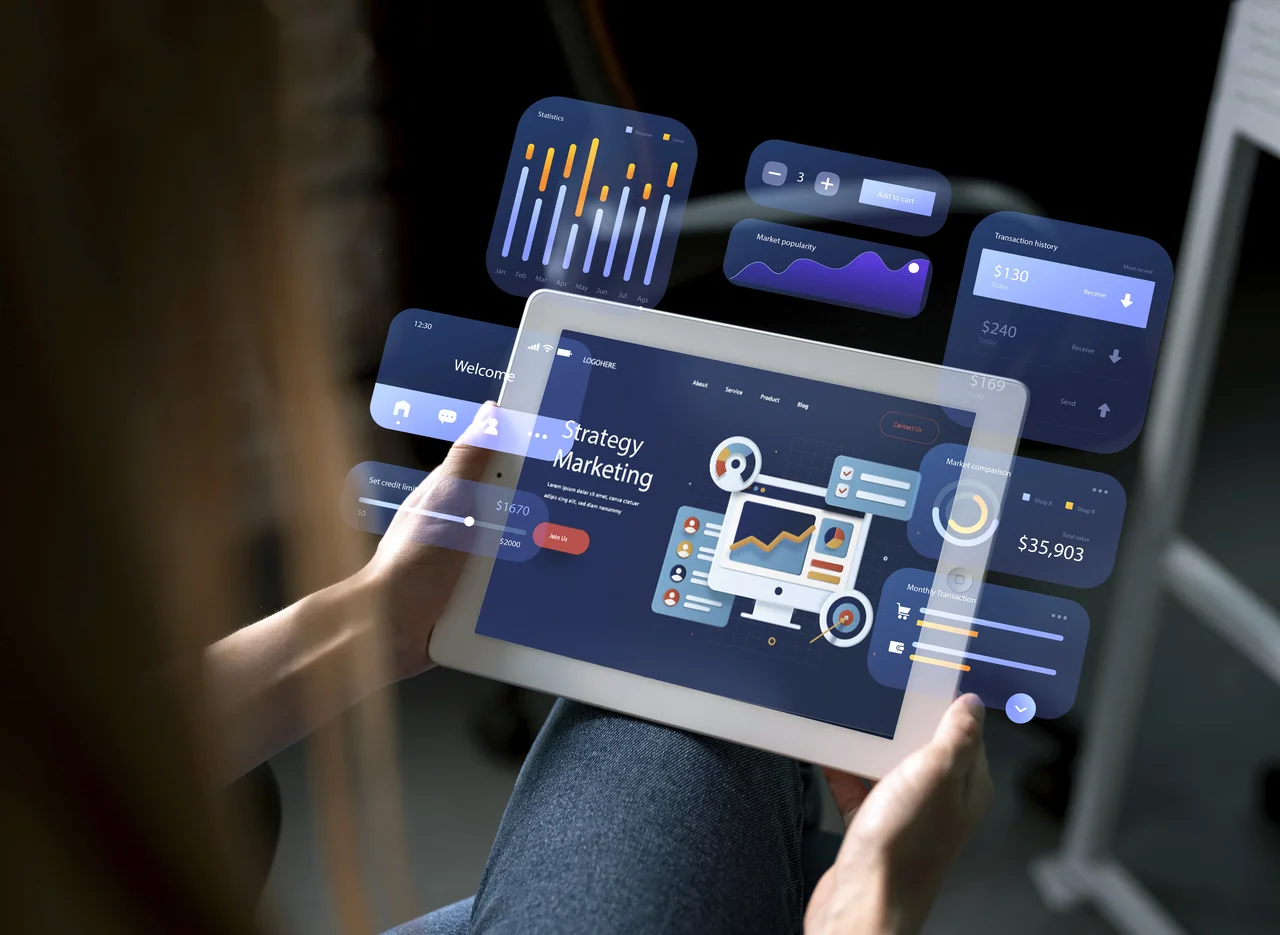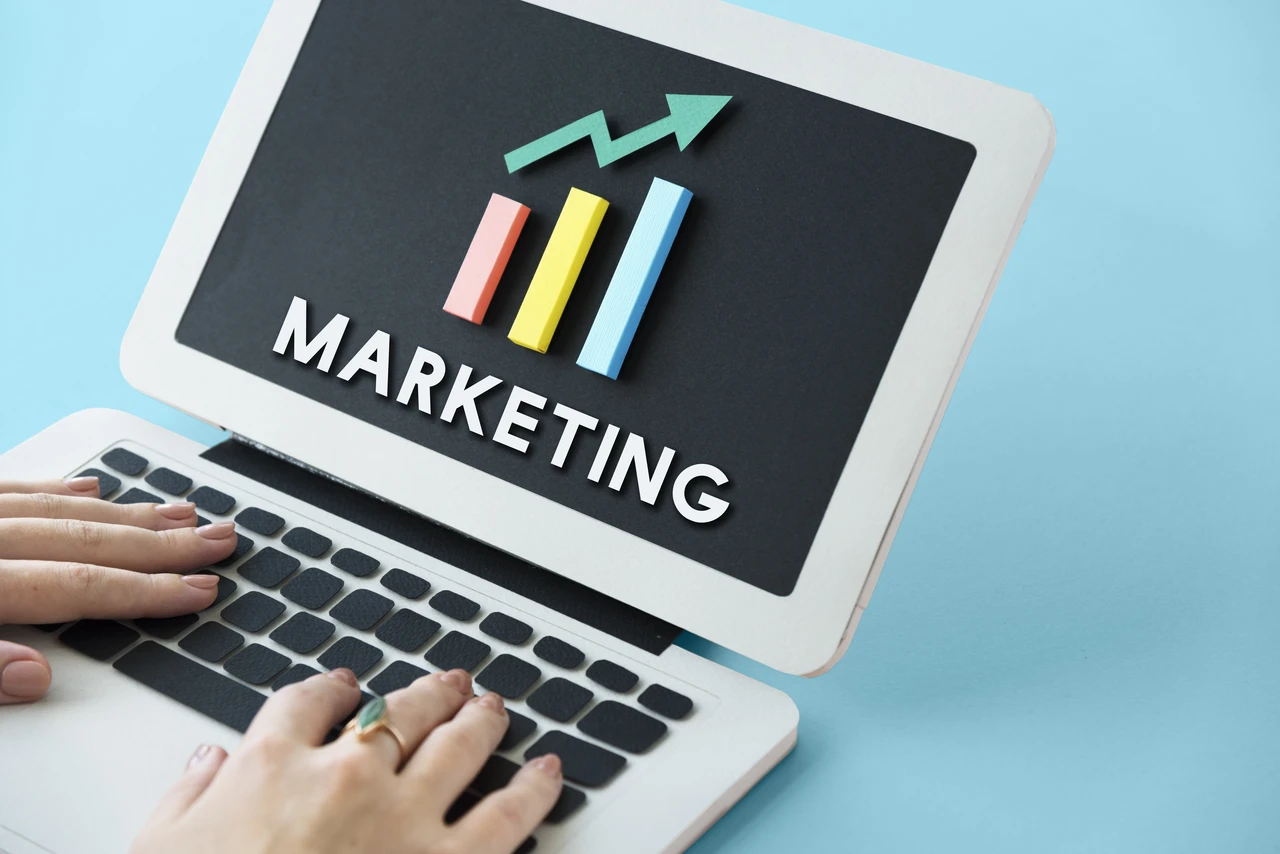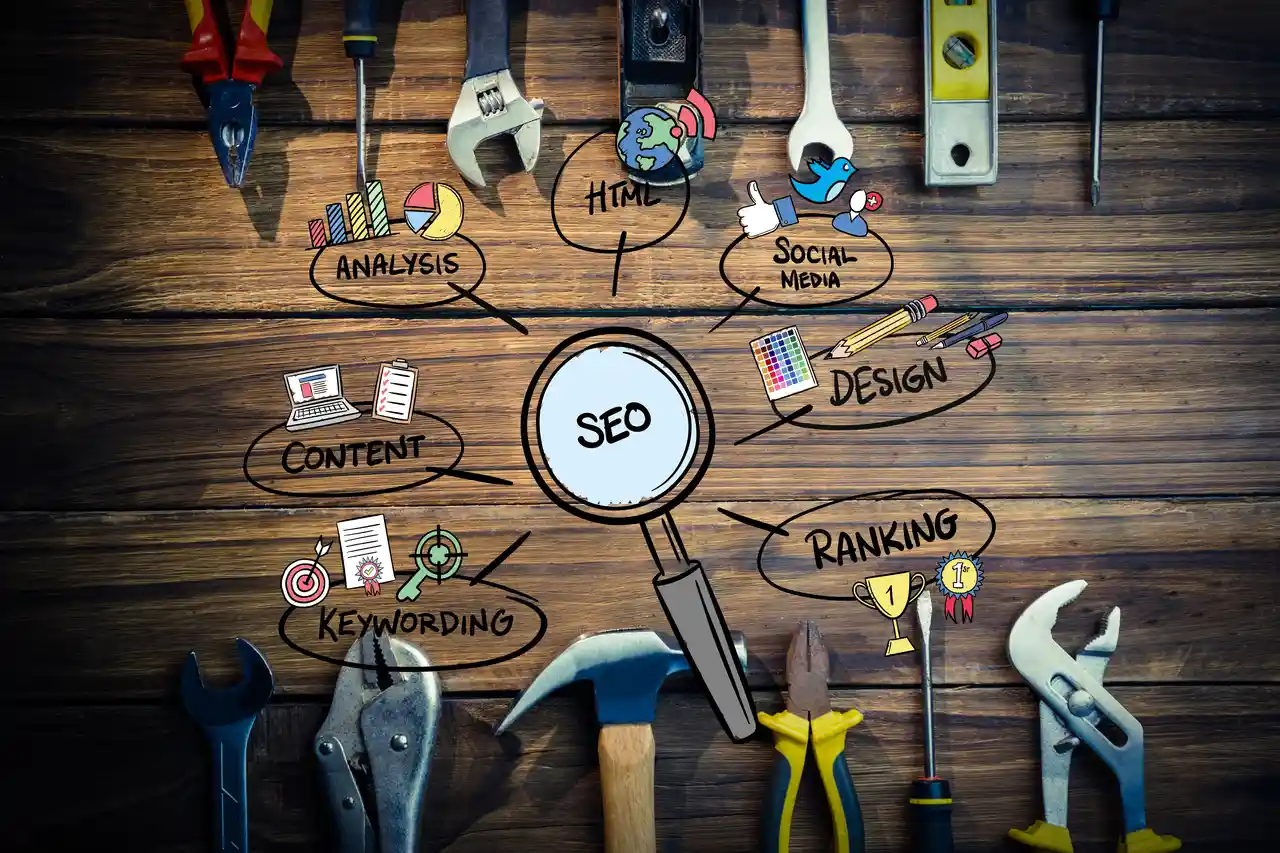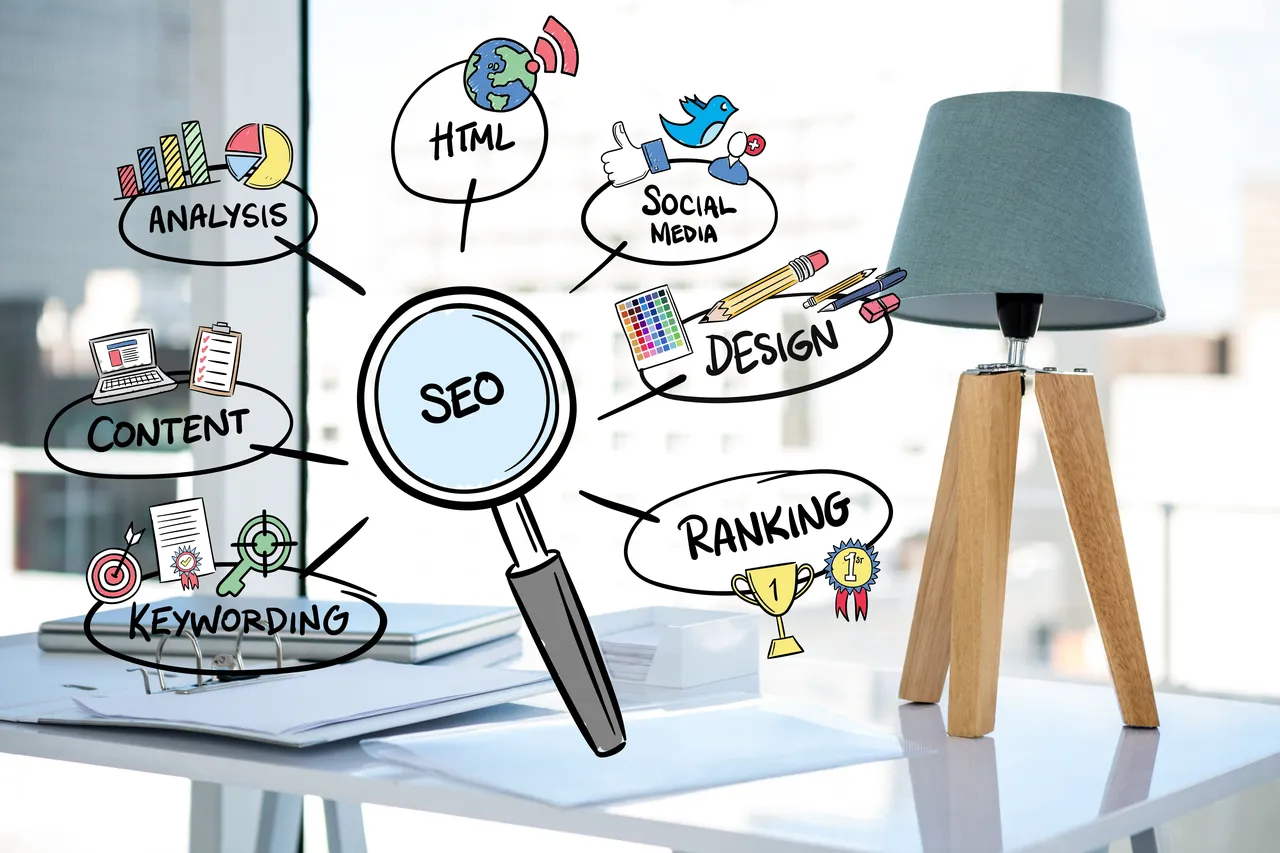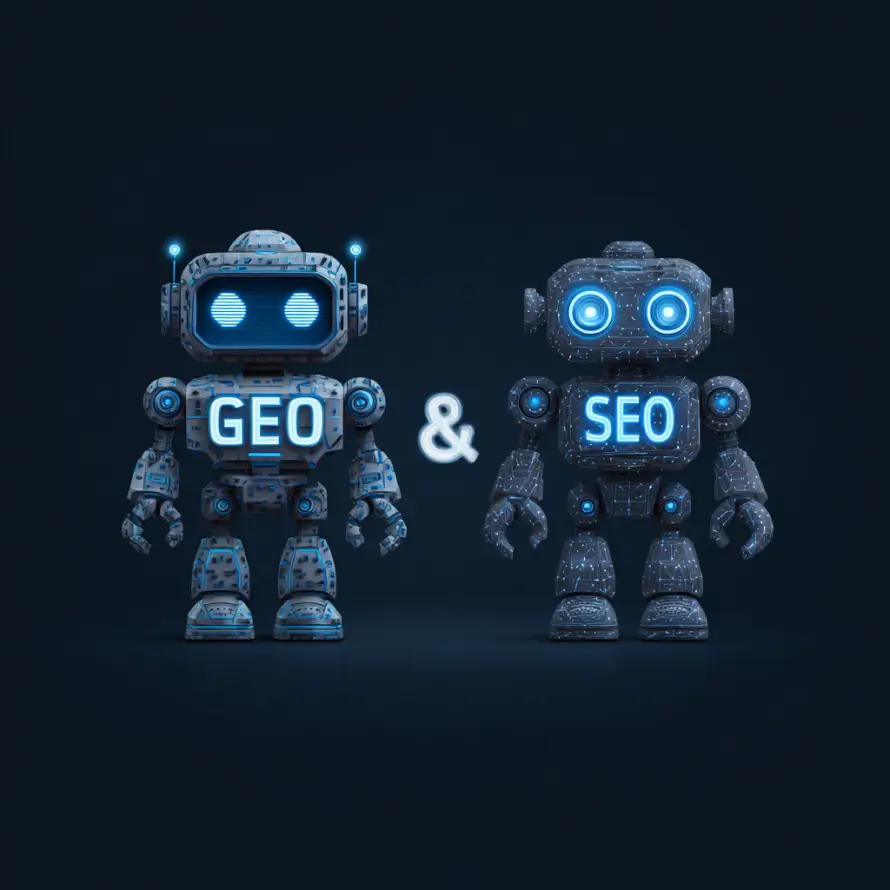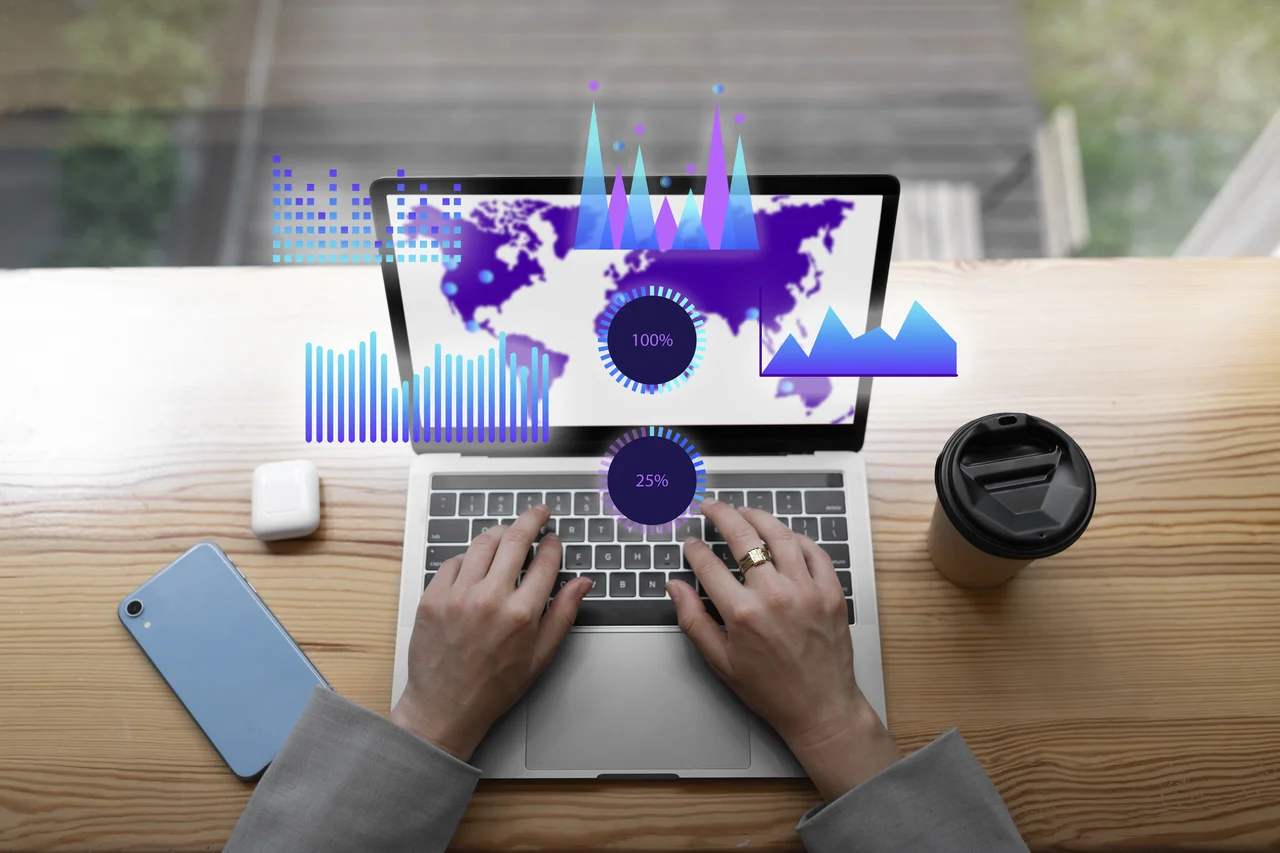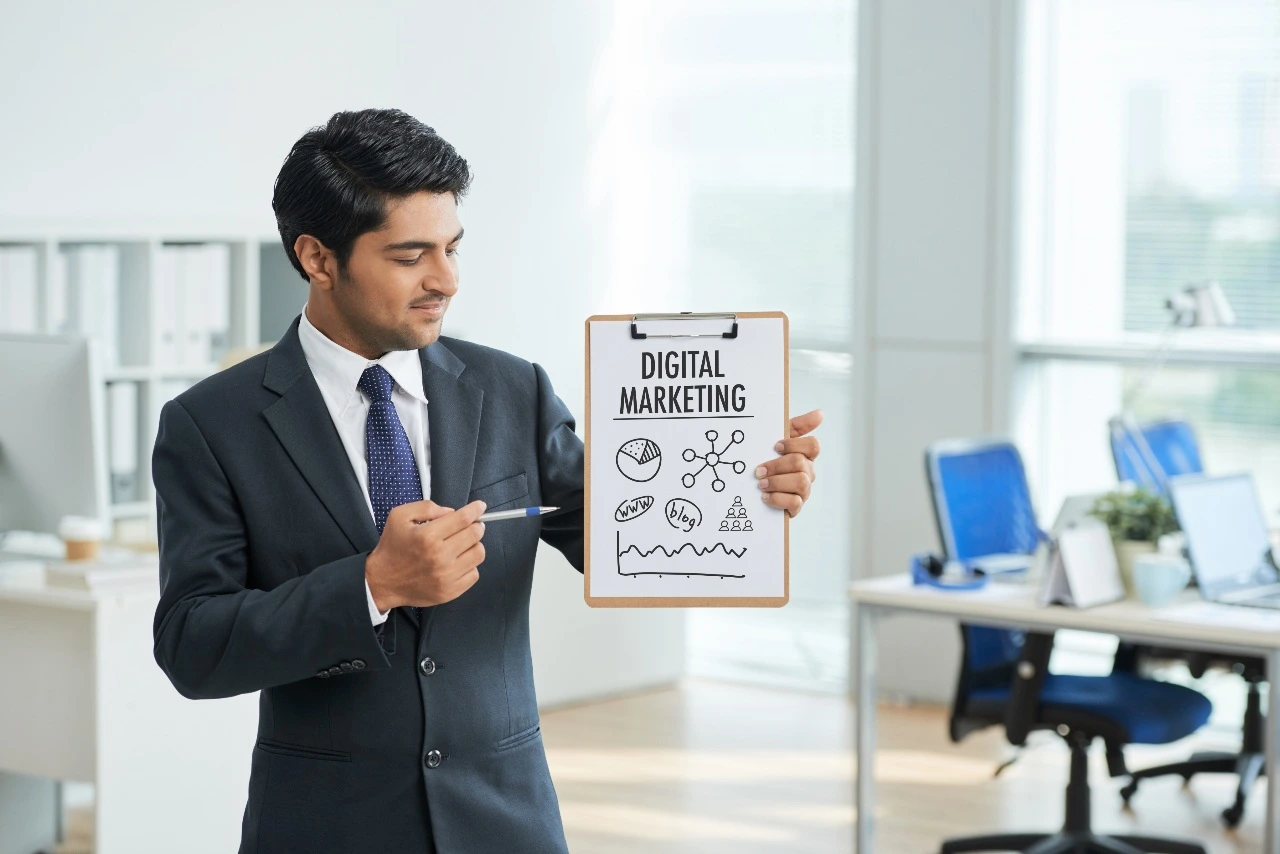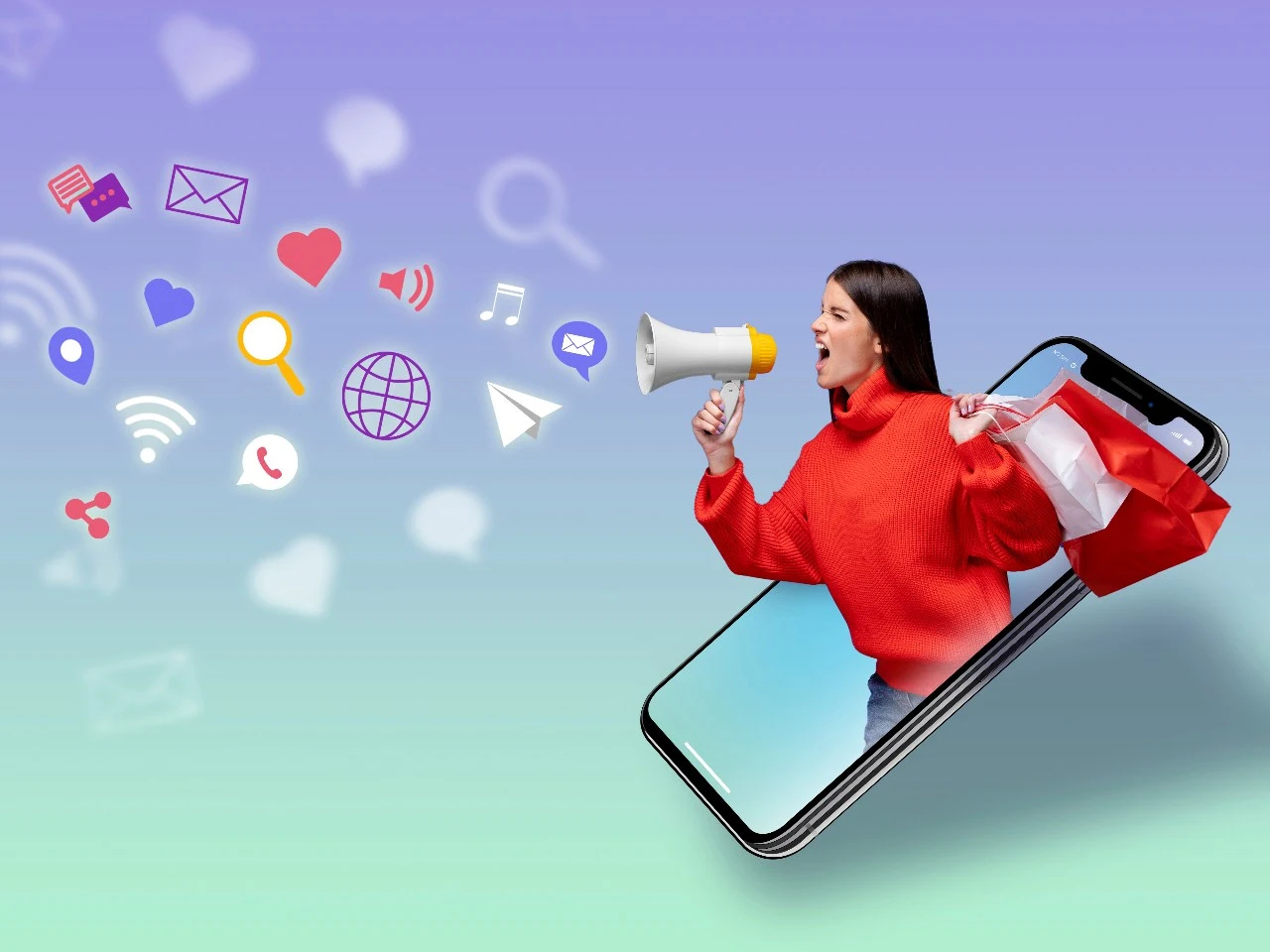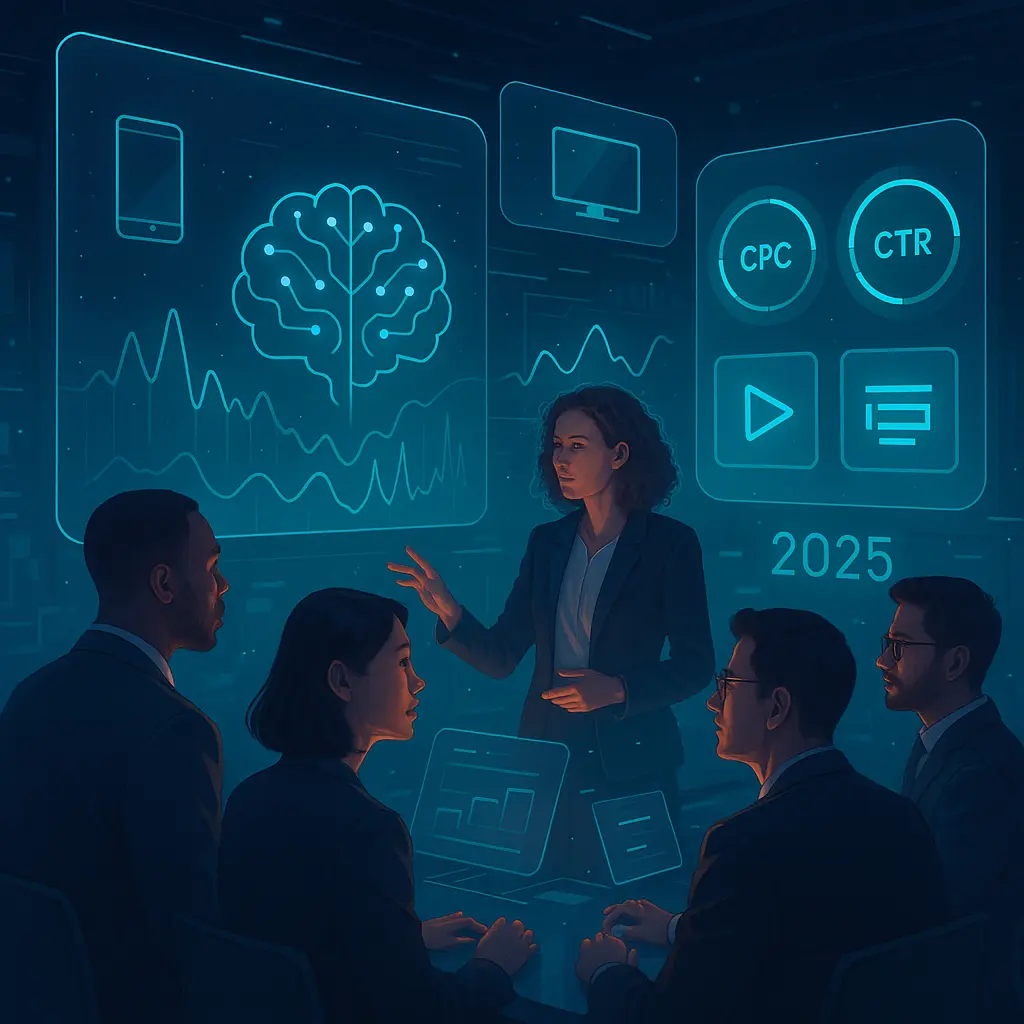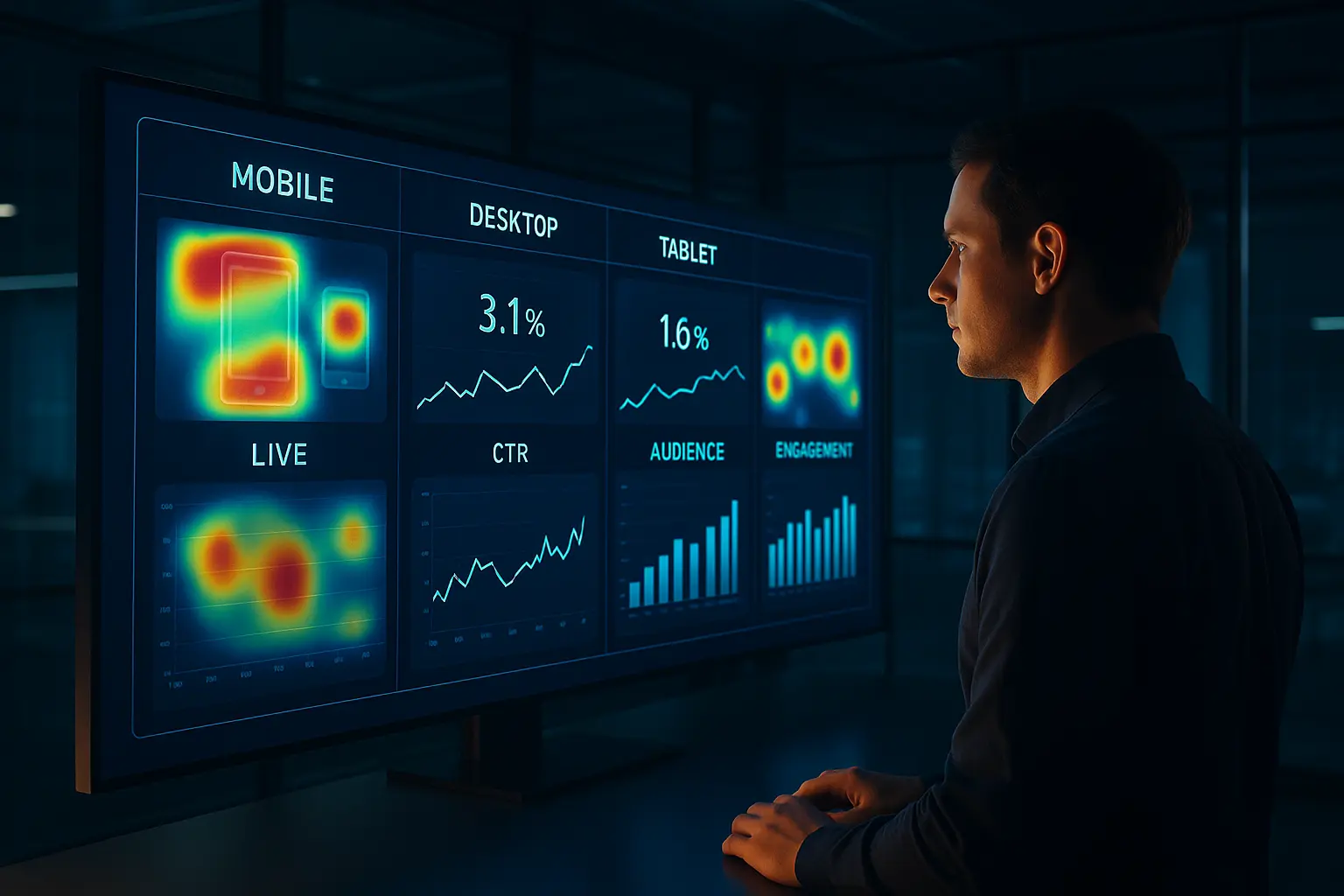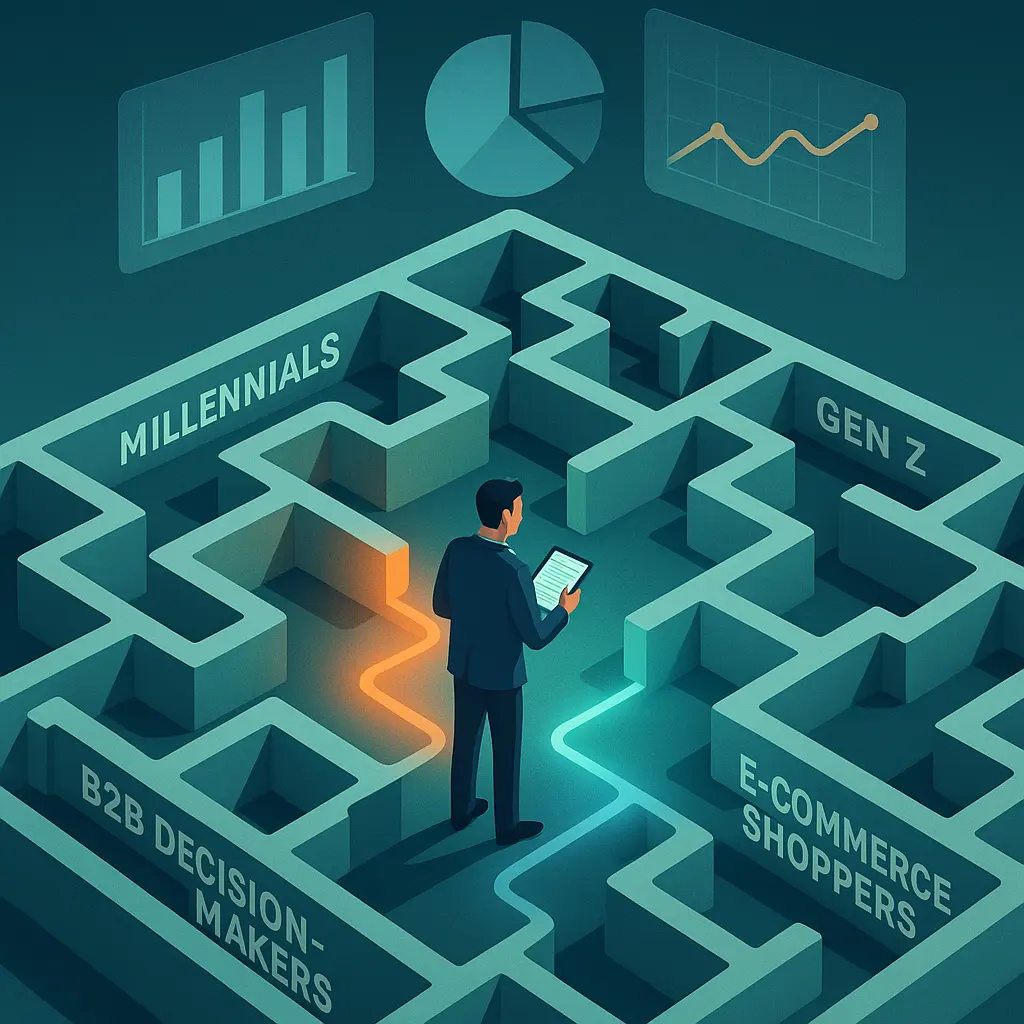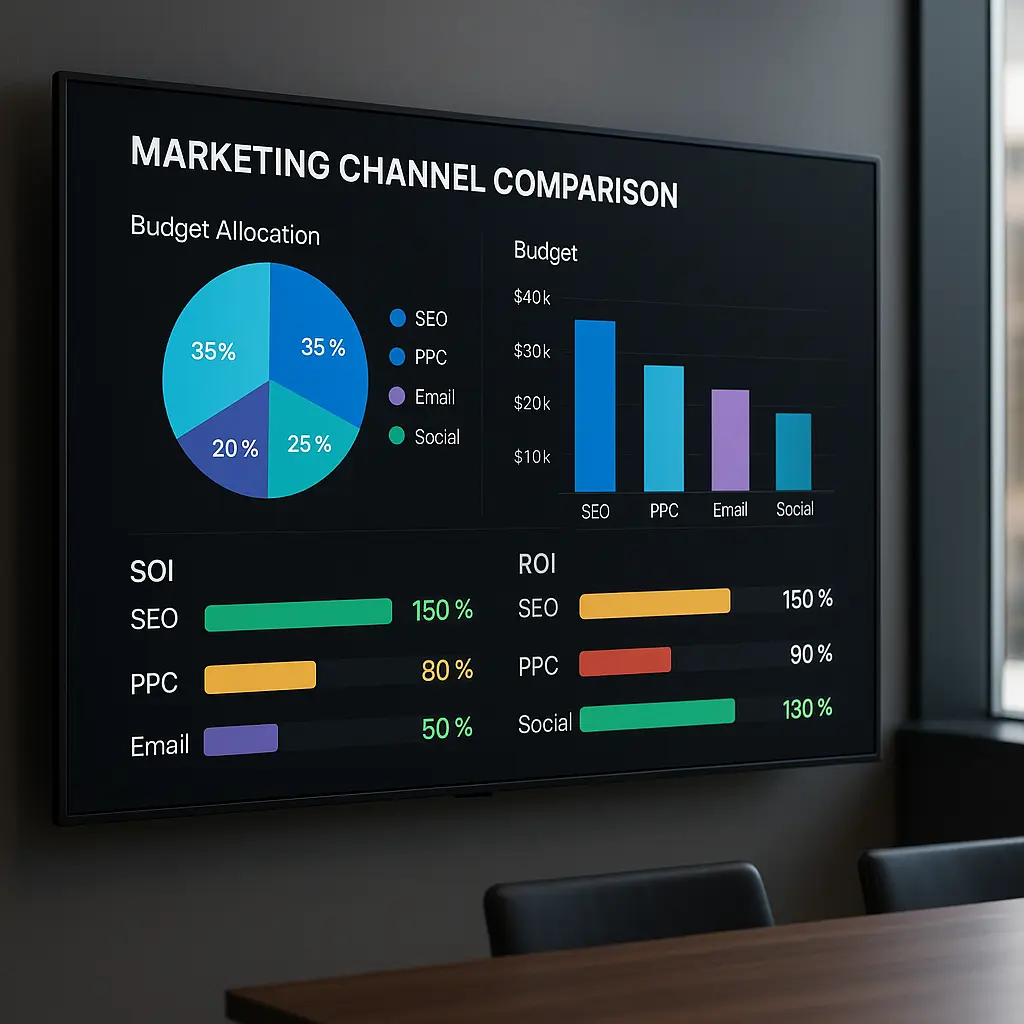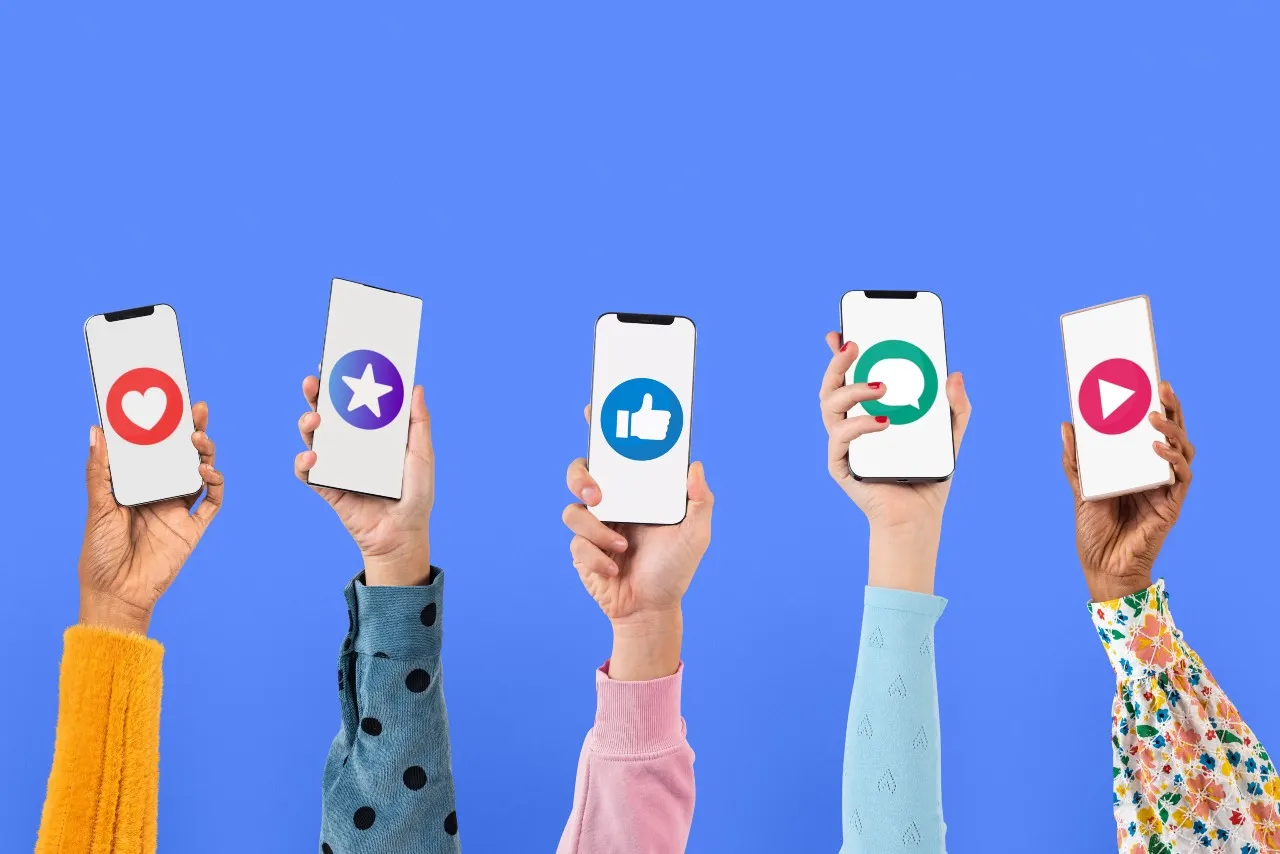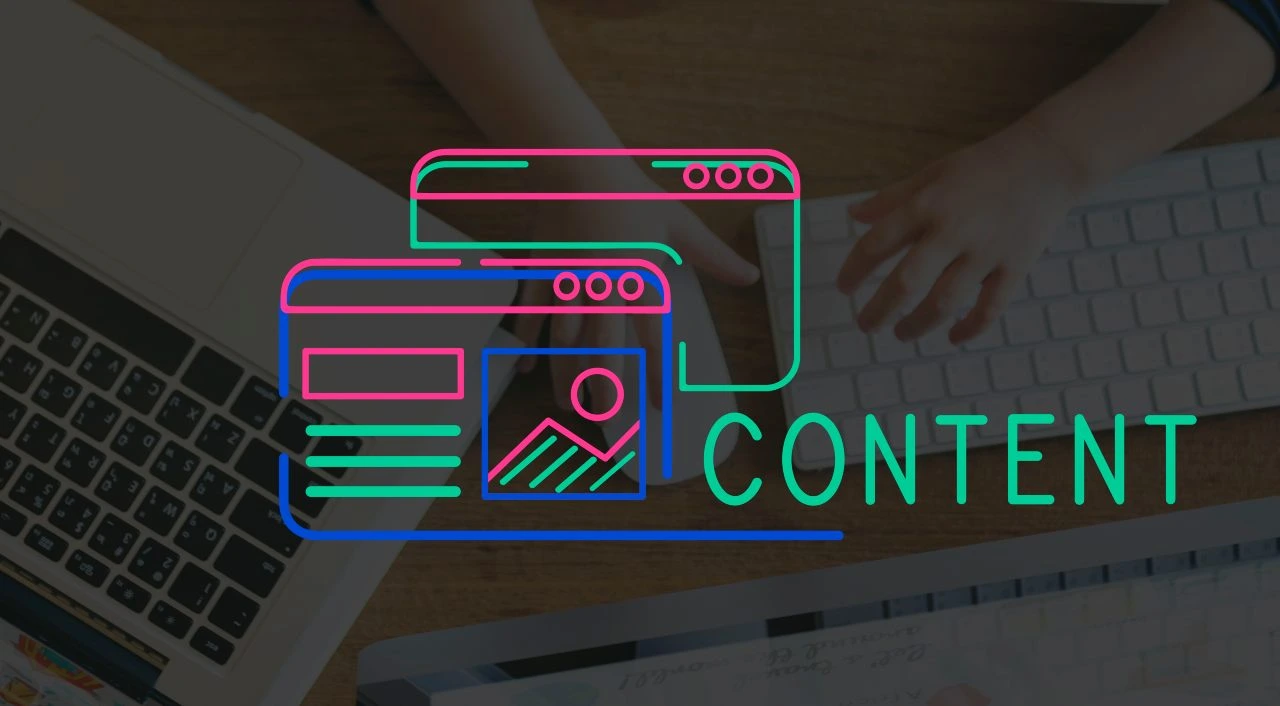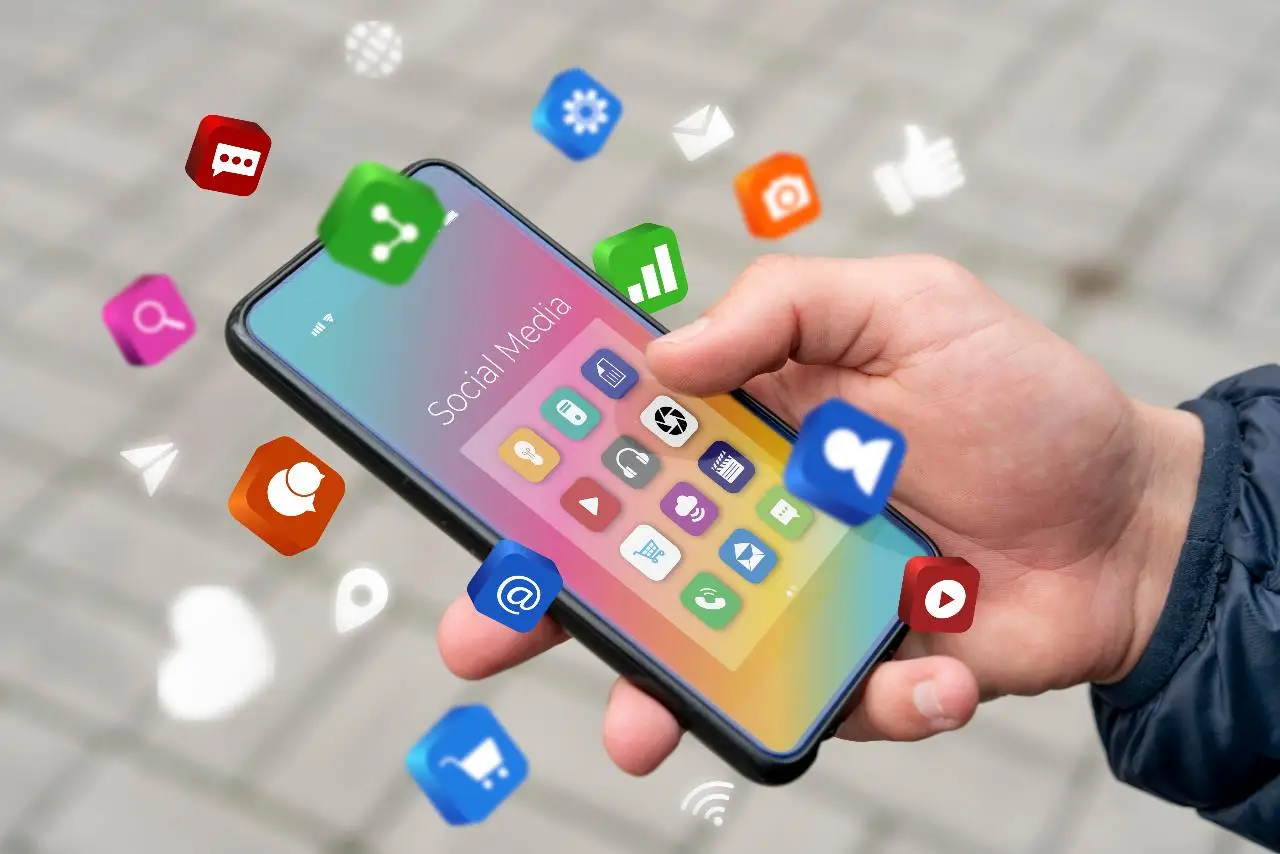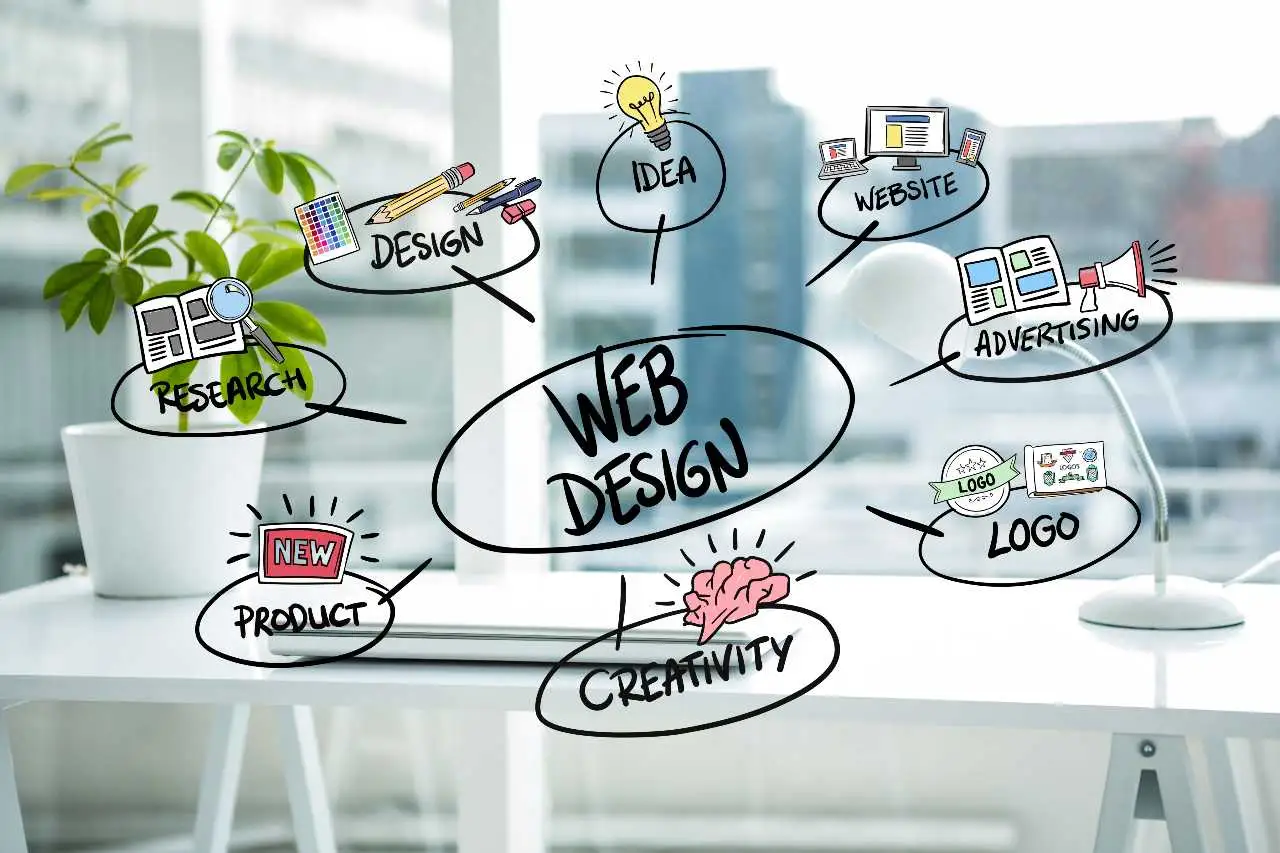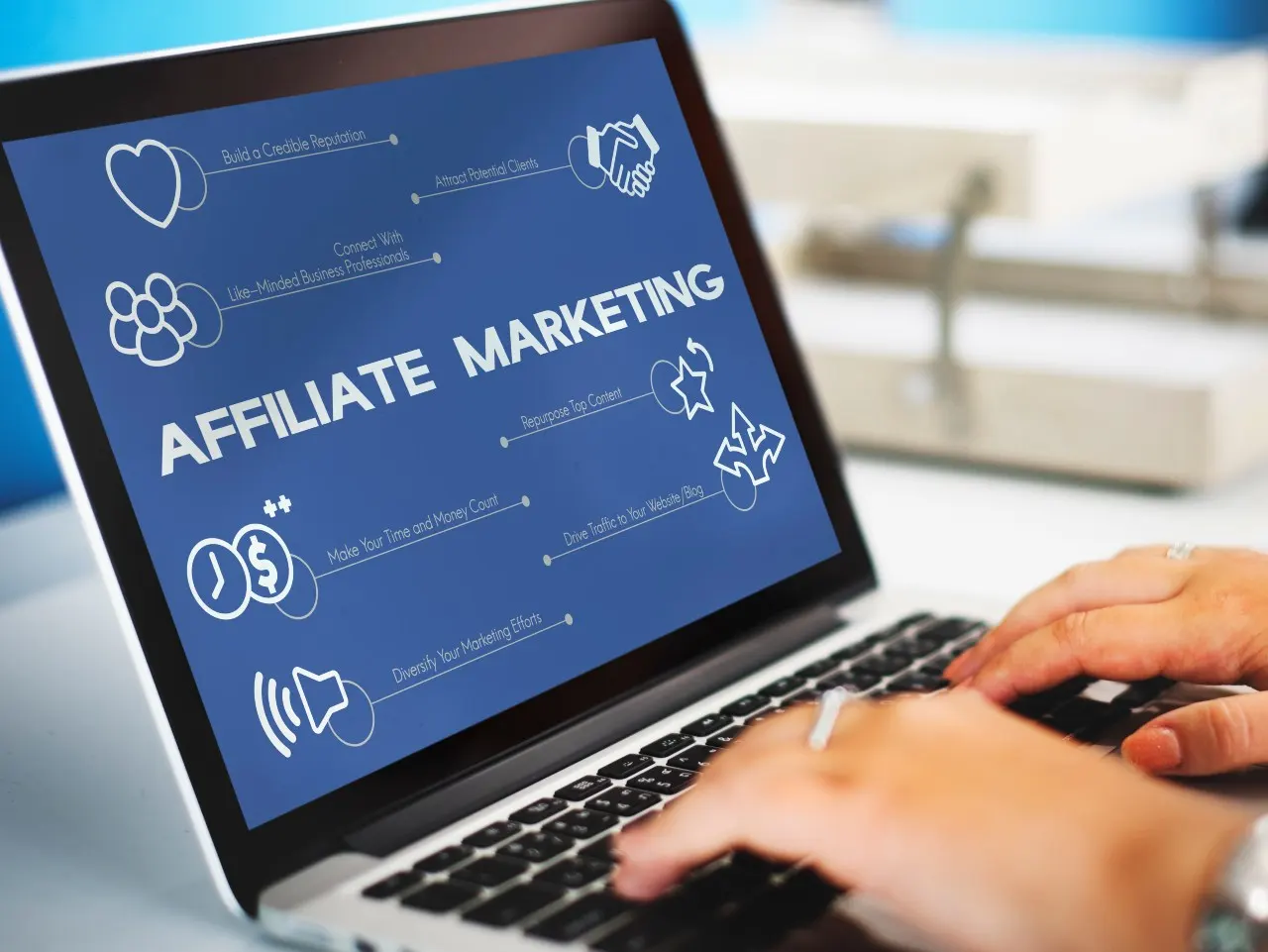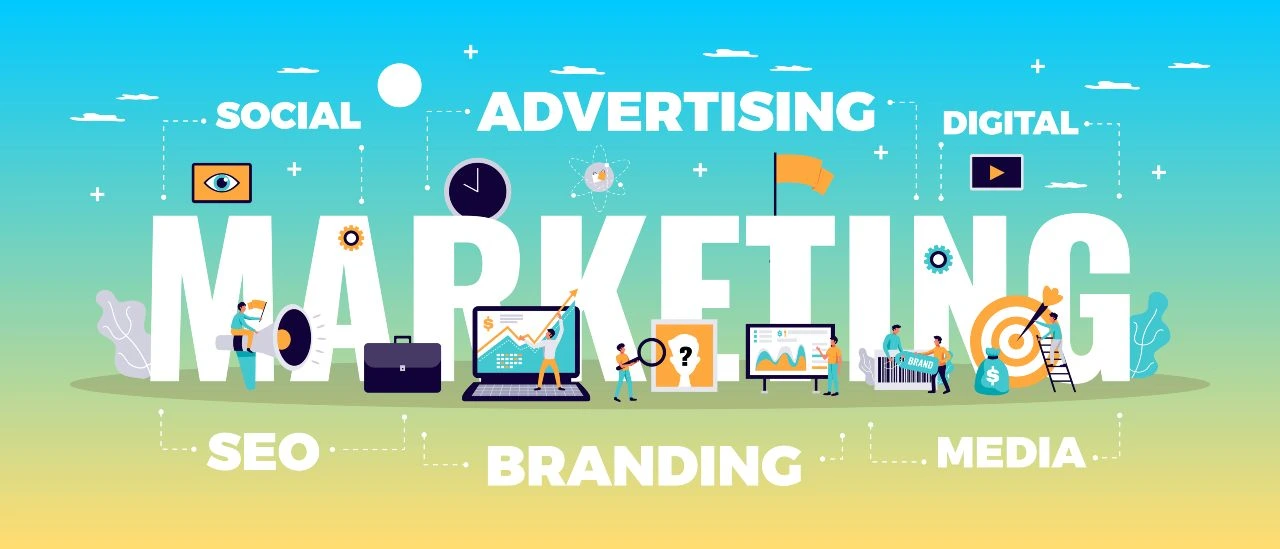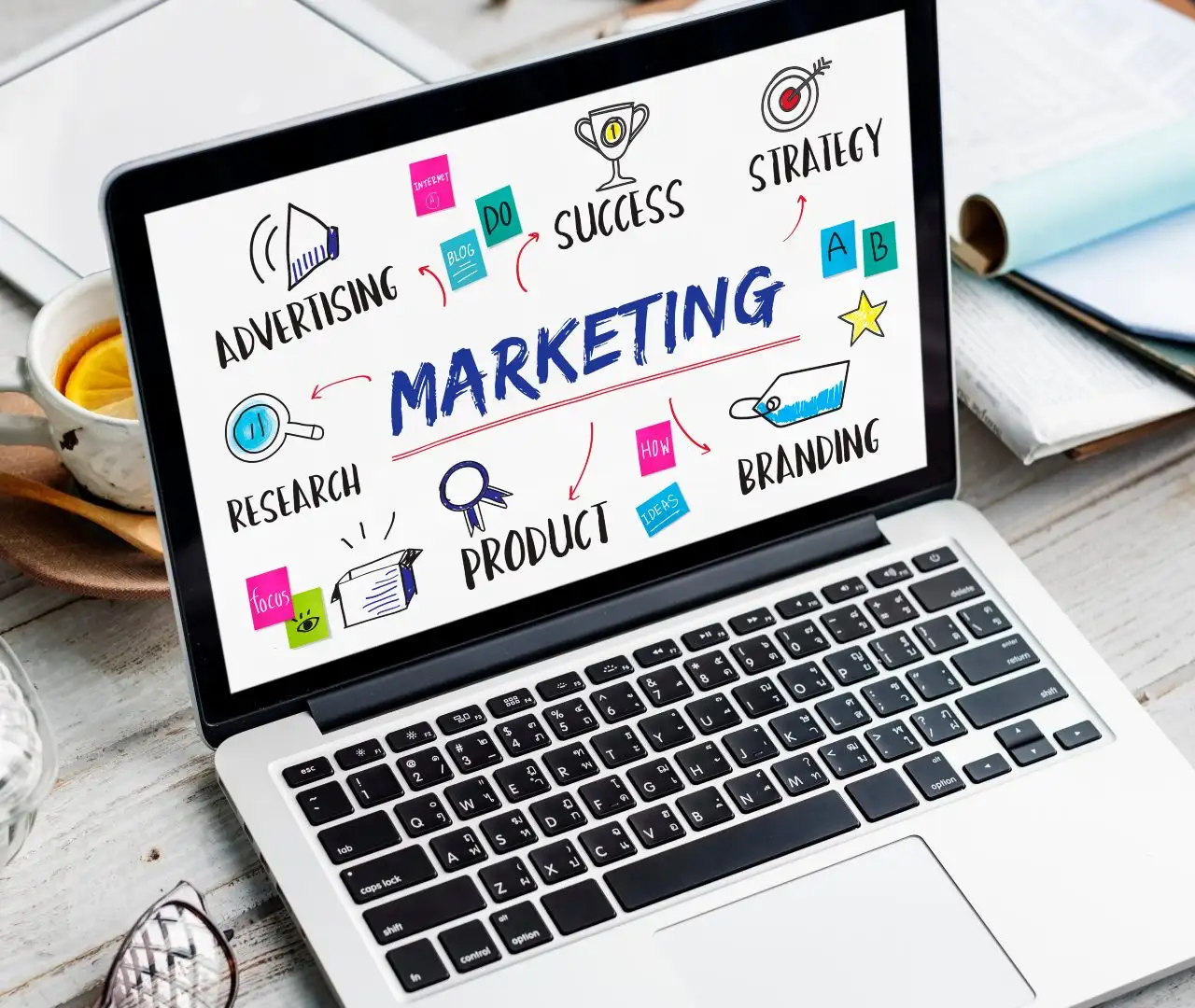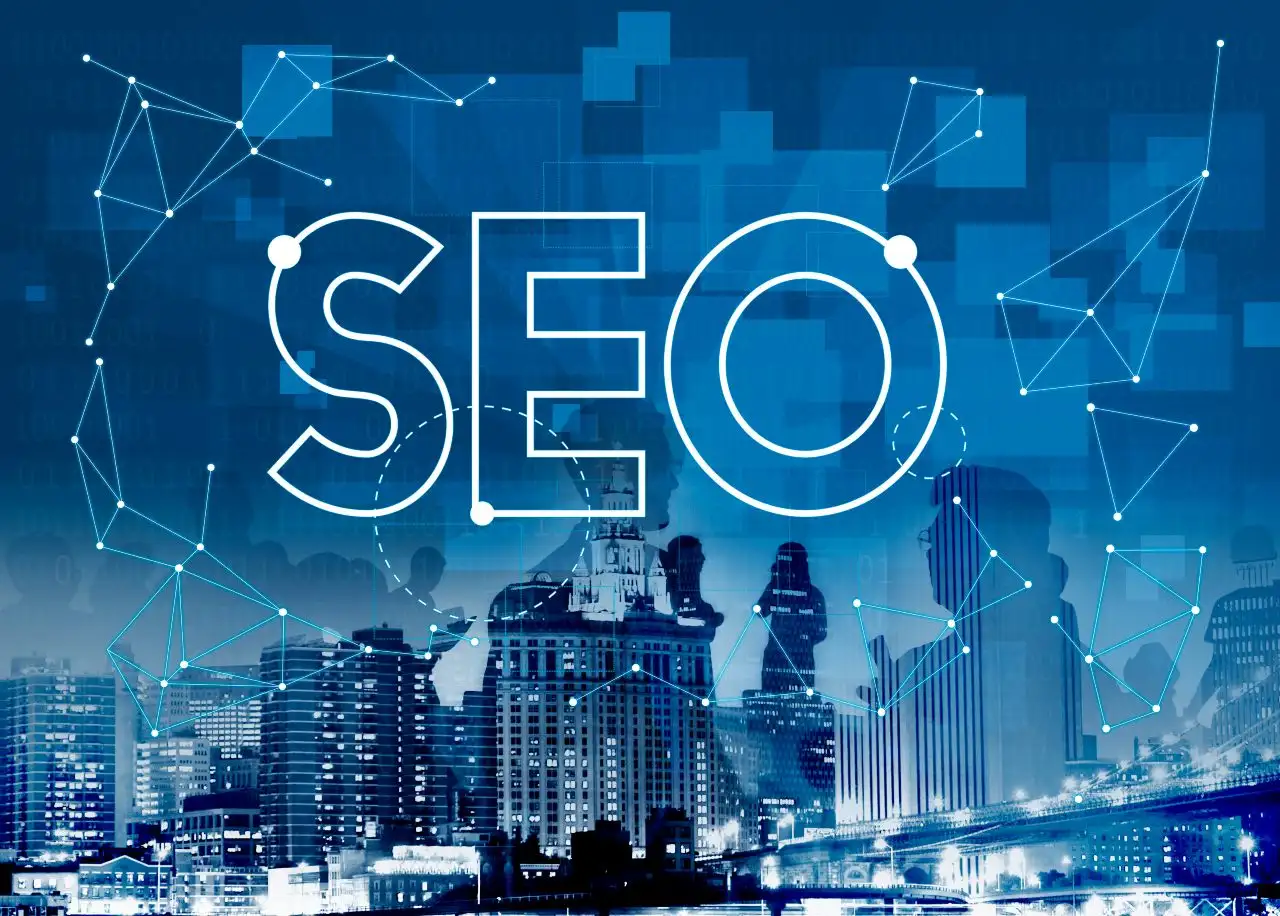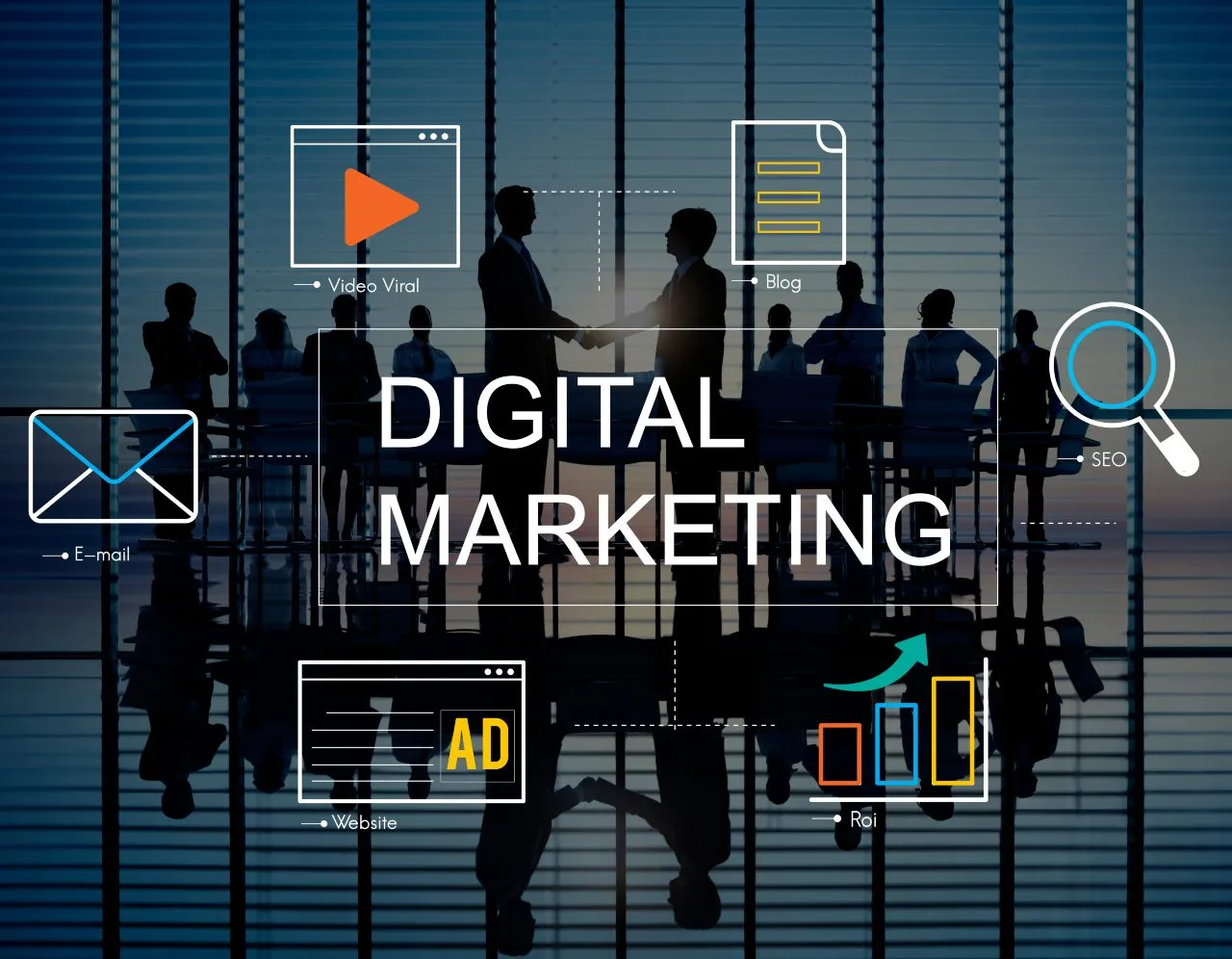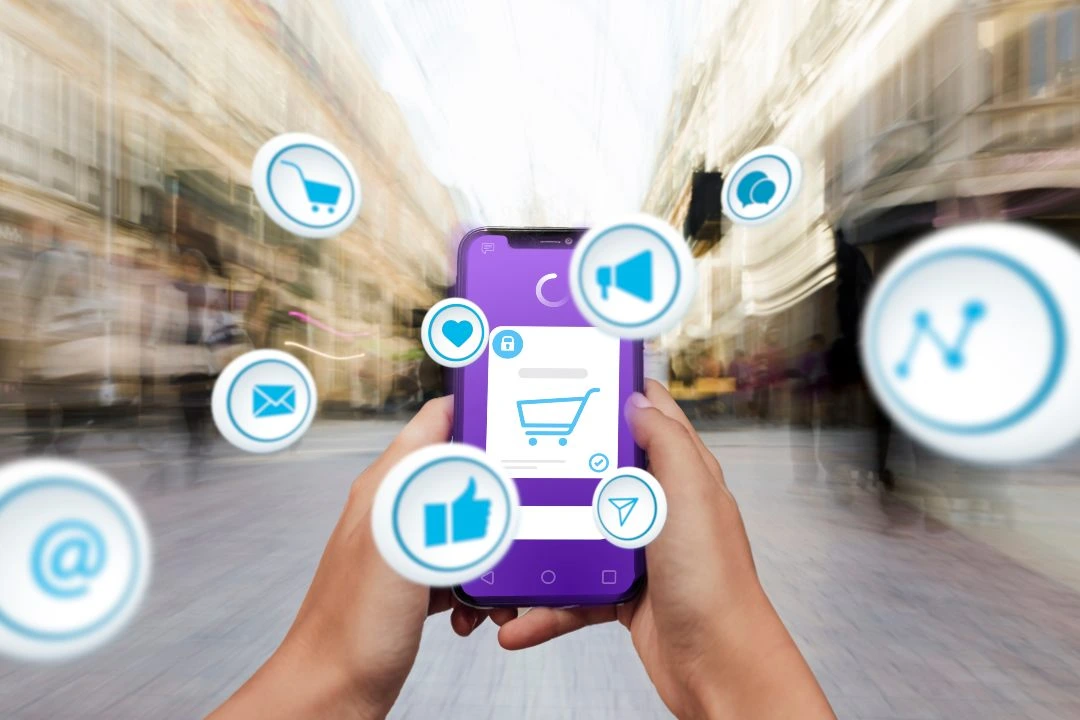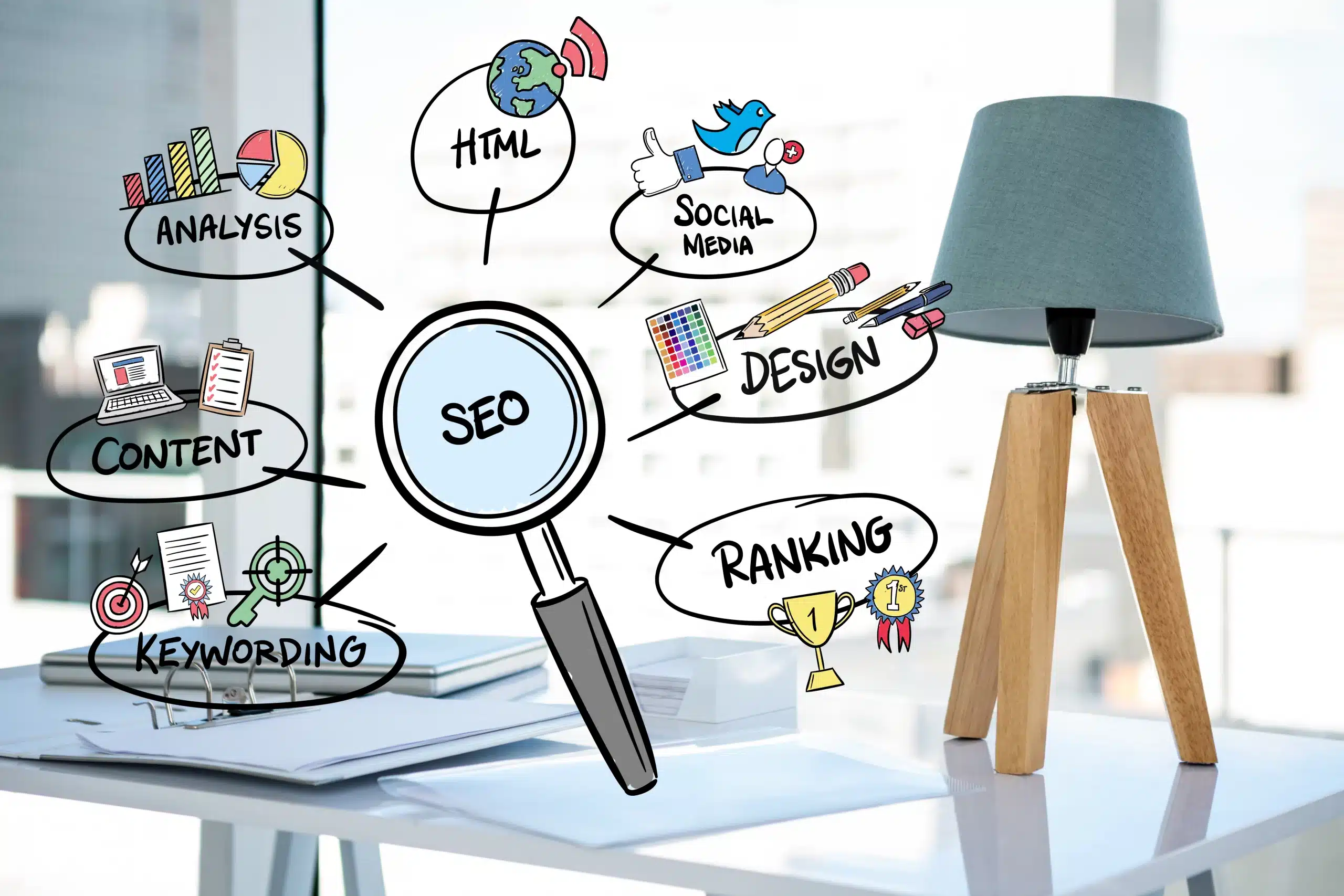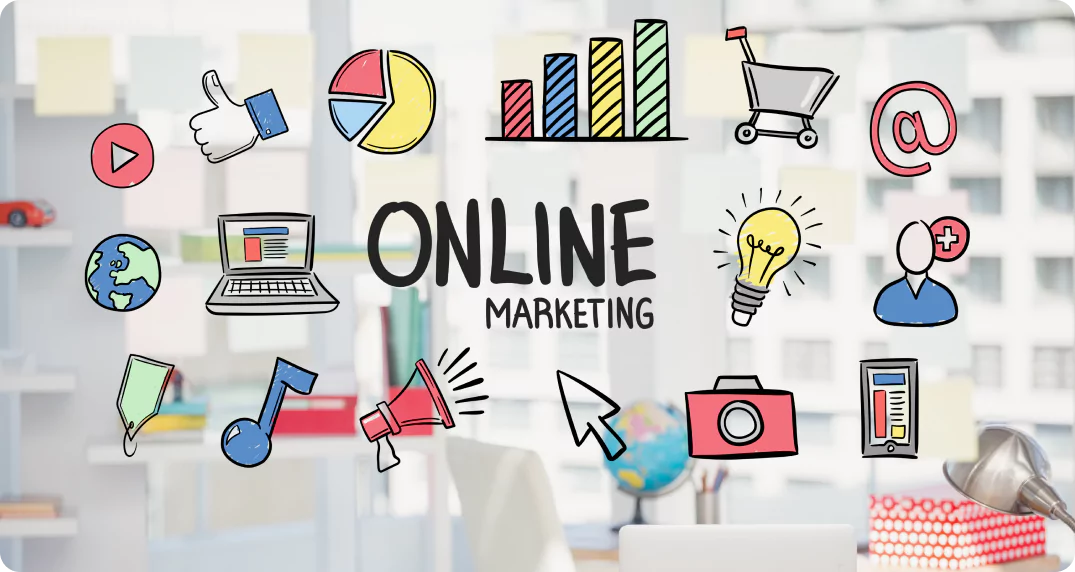Are your marketing strategies ready for what’s next? As we look to the future, it’s clear that the coming year will bring massive changes. Keeping up with the upcoming marketing trends to watch is no longer optional—it’s essential for staying competitive and relevant.
Driven by rapidly evolving technologies, including augmented reality and AI, the marketing landscape is transforming how brands connect with their audiences. From AI-powered personalization and data analytics to immersive AR experiences, the opportunities are vast. This year will require a more dynamic, data-driven approach to marketing.
In this article, we’ll explore the top marketing trends to watch, offering insights and practical tips to help you harness these trends and stay ahead of the curve.
Transforming Workforce Training Through AI-Driven Innovation
In an era where agility defines success, businesses are turning to artificial intelligence to revolutionize their employee training programs. Beyond simply automating routine processes, AI is becoming a strategic partner in developing highly skilled teams, particularly in customer-facing roles. AI-powered tools provide actionable insights, helping organizations close skill gaps faster and align their workforce with evolving market demands. Coupled with the growing importance of personalization in customer experiences, AI-backed training ensures teams are equipped to exceed expectations and drive results.
- AI facilitates the seamless recording, transcription, and analysis of sales calls, unlocking data on what strategies resonate most. Source
- These insights can be transformed into actionable scripts for marketing teams, with real-time alerts when representatives stray from proven approaches. Source
- Streamlined processes reduce call durations while delivering critical performance metrics to foster continuous team improvement. Source
- Organizations increasingly rely on AI to accelerate skill-building, enabling employees to adapt to new roles or challenges in record time. Source
Key Takeaway: A Competitive Edge Through Smarter Training
By embedding AI into their learning and development practices, companies can establish a culture of efficiency and precision. The ability to analyze real-time data, adjust strategies on the fly, and identify skill gaps empowers businesses to remain customer-centric and innovative, especially in competitive industries. This isn’t just about faster training; it’s about smarter training that ensures teams stay ahead of the curve and deliver measurable outcomes.
For businesses looking to seamlessly enhance their training and overall marketing efforts, exploring full-service marketing solutions can be a game-changer. These comprehensive strategies integrate AI-driven insights with a broader digital marketing approach, ensuring every aspect of your business is optimized for success.
Pro Tip:
Leverage AI tools not only for performance analysis but also for personalization. By tailoring your training initiatives to individual employee learning styles and needs, you can significantly boost engagement and skill retention—positioning your team as your strongest competitive advantage.
AI’s Rapid Takeover: Redefining Marketing with Precision and Personalization
Artificial intelligence is no longer a distant possibility; it’s reshaping the marketing landscape with tools that offer unmatched speed, accuracy, and scalability. By processing massive data sets in real time and predicting customer behaviors with remarkable precision, AI enables marketers to create hyper-personalized experiences while streamlining operations. While automation reduces manual effort, it also unlocks the potential to craft deeper, more meaningful customer connections through real-time insights and predictive strategies.
- AI processes large datasets at scale, minimizing the time and cost associated with traditional analysis. Source
- Through real-time data analysis, AI empowers marketers to identify the most effective channels, refine campaigns, and anticipate future trends. Source
- Automation powered by AI drives efficiency in personalization, campaign optimization, and predictive analytics. Source
- AI dynamically adjusts content in real time based on user interactions, offering tailored experiences like customized e-commerce recommendations. Source
- Predictive analytics enabled by AI allows brands to forecast consumer behavior and deliver personalized recommendations, from push notifications to email offers. Source
- AI tools track engagement, sentiment, and preferences with unprecedented accuracy, enabling marketers to refine their messaging and strategy on the fly. Source
- Real-time data insights allow businesses to adjust campaigns in progress, ensuring agility and responsiveness. Source
- AI-powered platforms provide detailed customer behavior insights, enabling brands to fine-tune their strategies and optimize conversion rates. Source
- Dynamic content optimization allows businesses to tailor messaging across platforms for individualized user experiences. Source
- AI-driven algorithms power hyper-personalized healthcare reminders, such as tailored appointment prompts based on user history. Source
- Marketers using AI for predictive analytics can anticipate customer needs before they arise, offering solutions customers didn’t even know they needed. Source
- E-commerce businesses harness AI to predict product demand based on purchase patterns, browsing habits, and seasonality, enhancing customer satisfaction and retention. Source
- Nearly 60% of marketers already leverage AI, particularly for content generation (52%), social media management (39%), and chatbot deployment (34%). Source, Source, Source
- AI allows marketers to craft proactive, data-driven campaigns that enhance relevance without appearing intrusive. Source
The growing dominance of AI is fundamentally transforming how marketers approach customer engagement, campaign creation, and ROI optimization. By leveraging AI’s predictive and dynamic capabilities, businesses aren’t just keeping up with trends—they’re setting the standard for customer-centric innovation. If you’re looking to scale your marketing efforts while staying ahead of the curve, considering outsourcing SEO services could be a strategic move. This approach allows businesses to focus on their core competencies while leveraging expert support to maximize visibility and results.
Pro Tip:
Prioritize balance. Automate repetitive tasks to free up resources, but pair AI with creative human insights to preserve authenticity. Use tools like HubSpot, Lumen5, or Crayon to experiment with AI while maintaining a customer-first mindset.
How AI Enhances Lead Management and Deepens Customer Connections
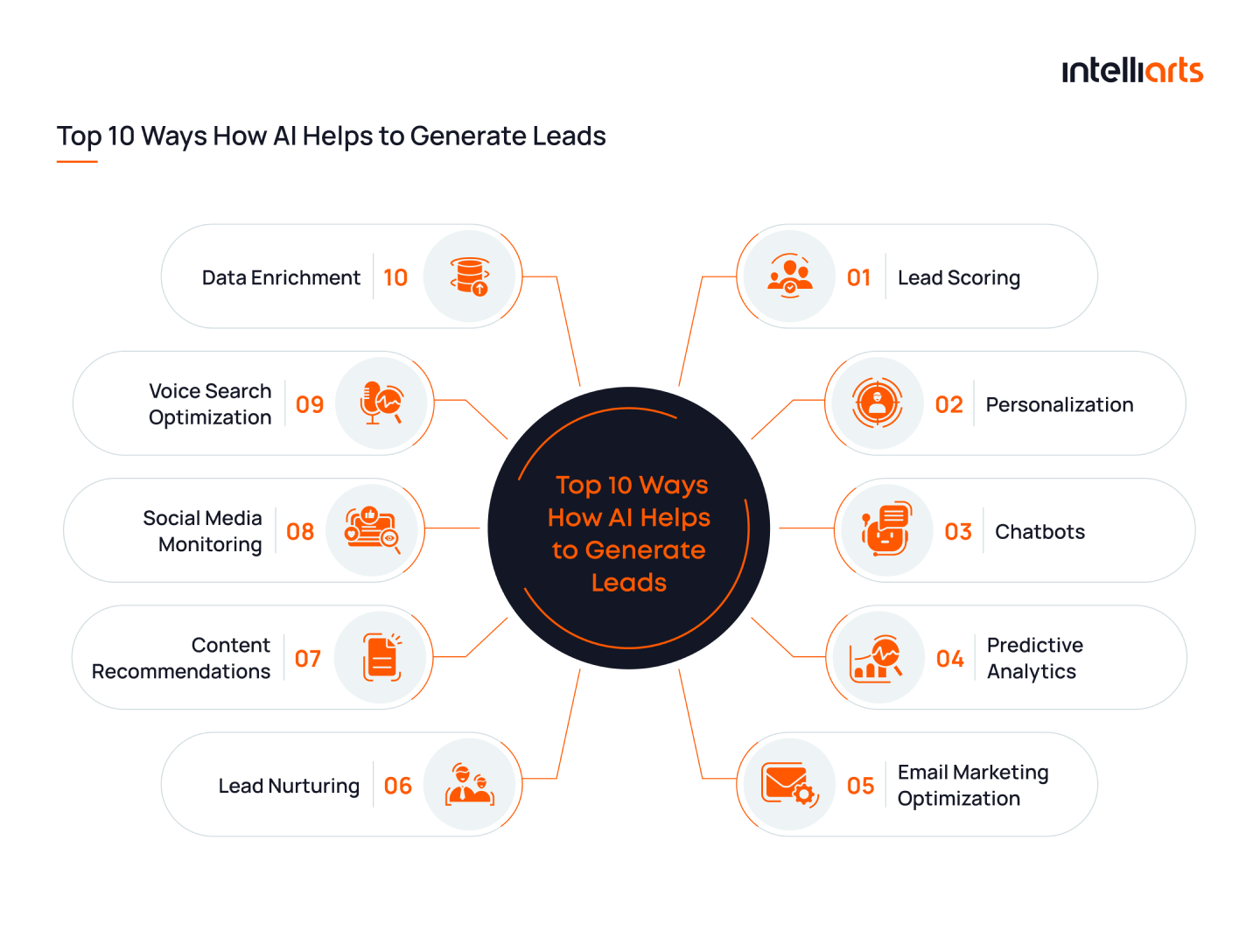
Source: Intelliarts
The integration of artificial intelligence into lead management and customer engagement is not just a trend—it’s becoming a cornerstone of modern business strategy. By harnessing tools like conversational analytics and predictive models, businesses can move beyond reactive strategies and anticipate customer needs before they arise. This proactive approach allows companies to connect with their audiences on a deeper level while maximizing efficiency in qualifying leads and closing sales.
- Businesses are leveraging conversational and predictive analytics to monitor customer interactions, analyze data, and segment leads based on their likelihood of conversion. Source
- AI is capable of analyzing sales calls to uncover trends, predict outcomes, and capture insights about customer preferences, pain points, and motivators. Source
- AI-driven tools enable businesses to identify language patterns that lead to successful outcomes, trigger alerts for high-priority leads, and reveal opportunities for cross-selling or upselling. Source
- AI pinpoints which products and services are resonating most with target audiences. Source
- By analyzing customer interactions, AI identifies common challenges faced by potential leads, helping brands position their offerings as the ideal solution. Source
- AI dives into consumer behavior to uncover the psychological and practical factors driving decision-making. Source
- AI tools highlight which prospects are the most engaged and likely to convert, allowing sales teams to focus efforts where they matter most. Source
- By analyzing lead forms and phone calls, AI can identify frequently asked questions and potential frustrations, insights that can be applied across marketing campaigns. Source
Key Takeaway: AI isn’t simply a tool for automation
it’s the brain that can power smarter, more informed decisions throughout the lead management process. By identifying patterns and predicting outcomes, AI equips businesses with actionable insights to not only prioritize leads but also nurture them with highly personalized strategies. As competition grows tighter, those who embrace these technologies will have a distinct edge, turning data into a competitive advantage.
Pro Tip:
Maximize AI’s potential by integrating platforms like Salesforce Einstein or HubSpot’s AI tools into your CRM. This ensures all your customer data works seamlessly together, enabling your team to deliver hyper-personalized experiences and close deals faster.
Potential of AI in Marketing Strategy
AI is no longer a futuristic concept—it’s an indispensable asset reshaping the way marketers connect with audiences, streamline processes, and elevate customer experiences. From generating data-driven content ideas to creating high-quality videos at scale, AI offers immense opportunities to scale creativity while saving time. Backed by the latest AI marketing statistics and trends, it’s clear that businesses looking to stay competitive must go beyond just automation,it’s about leveraging AI’s predictive and personalization capabilities to build meaningful, tailored connections with audiences.
- Over half of marketing professionals are leveraging AI to support copywriting for email marketing, organic search, and social media. Source
- AI enables real-time campaign optimization, predicts consumer behavior, and eliminates bottlenecks by automating repetitive, time-consuming workflows. Source
- Advanced generative AI chatbots now offer 24/7 personalized support, understanding complex language and queries to create customer interactions that feel authentic and human. Source
- AI-driven tools are helping marketers analyze customer data, personalize content, and automate entire campaigns, leading to smarter, data-backed decision-making. Source
- Video creation has become more accessible with AI tools that assist in brainstorming topics, outlining scripts, simplifying edits, and repurposing content across social platforms. Source
- Brands of all sizes can now produce polished, tailored video content at scale, thanks to AI, making video marketing an achievable strategy for everyone. Source
- AI streamlines video production with automated editing software, AI-generated captions, and voiceovers, drastically reducing turnaround times. Source
- By analyzing user behavior and trending topics, AI tools can generate content recommendations that maximize viewer engagement and video relevance. Source
KeyTakeaway: Harness AI to Enhance Creativity and Strategy
AI is transforming marketing into an adaptive, data-driven powerhouse where creativity meets precision. It’s no longer just about efficiency—AI empowers professionals to deliver hyper-relevant content, optimize video strategies, and engage customers in ways that feel authentically personal. As AI evolves, businesses that integrate these tools into their workflows will gain a significant edge, combining human creativity with machine intelligence for maximum impact. The key to success lies in staying proactive and experimenting with AI-driven tools that align with your goals.
Pro Tip:
Don’t just adopt AI—train your team to use it effectively. Combining AI’s capabilities with human expertise ensures you’re not just automating tasks but truly enhancing creativity, decision-making, and customer connections.
Revolutionizing Content Workflows with AI-Driven Innovations
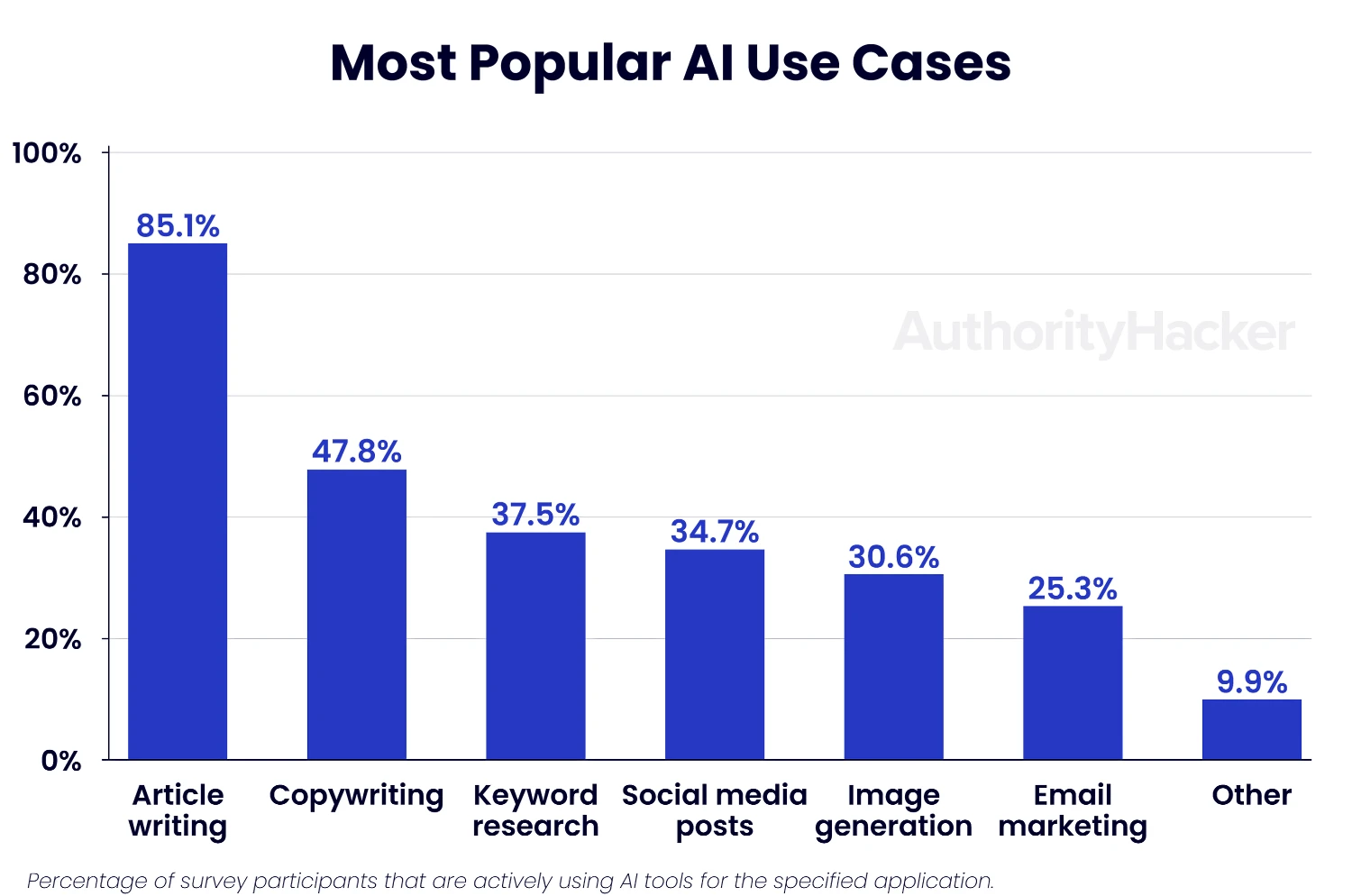
Source: Authority Hacker
The integration of AI into content creation has shifted from being a novel concept to a necessity for marketers aiming to stay competitive. AI doesn’t just save time; it empowers teams to craft more meaningful and targeted content by automating repetitive tasks and uncovering valuable insights. In an era where personalized and timely communication can set a brand apart, AI serves as a catalyst for elevating both efficiency and creativity within marketing strategies.
- AI tools streamline the content creation process, helping marketers produce relevant and engaging content more efficiently. Source
- AI simplifies content creation by speeding up the research process and creating outlines, allowing marketers to focus on incorporating expertise and advancing thought leadership. Source
- AI tools personalize content to meet the specific needs of individual consumers, making AI an indispensable asset in content marketing strategies. Source
- Many marketing automation tools offer built-in AI features that you can easily use without in-depth AI knowledge. Source
Key Takeaway: Embrace AI as Your Marketing Co-Creator
AI is no longer just a tool—it’s a strategic partner in content marketing, enabling marketers to achieve more with less effort while staying highly relevant to target audiences. By automating mundane tasks like research or outline generation, you can reallocate resources to focus on creativity, storytelling, and building stronger customer connections. But remember, AI is most effective when paired with your unique brand voice and expertise.
Pro Tip:
Many of the tools you already use may include AI functionalities—explore them to maximize their potential. Start small, such as AI-assisted outlines or A/B-tested headlines, and expand incrementally as you discover what works best for your team. This ensures a smooth transition into AI-powered workflows without overwhelming your processes.
AI in Data-Driven Marketing Strategies
In the realm of marketing, data is often referred to as the new oil—but raw data is only as valuable as the insights it can generate. This is where AI-powered analytics is revolutionizing the game. Beyond simply processing large volumes of information, AI enables businesses to uncover actionable trends, predict customer behavior, and craft strategies that resonate on a deeper level. By tapping into first-party data, marketers now have a clearer window into customer preferences, challenges, and needs—turning insights into impactful campaigns.
- Businesses are increasingly using AI to extract marketing insights from their first-party customer data. Source
- AI-driven data analytics provides insights into the common questions and concerns of the target audience, as well as their needs and expectations regarding products or services. Source
- Marketers can leverage these insights to optimize their marketing strategies, create content that answers common questions, and address points of interest and concern in campaigns and sales pitches. Source
- AI can support analysis and reporting. Source
Key Takeaway: Data Without Action is Just Noise
The true power of AI in marketing lies beyond data collection; it’s about translating those numbers into meaningful, actionable strategies. AI allows marketers to predict what customers want before they even know it themselves, enabling hyper-personalization on a massive scale. For businesses, integrating AI tools into their data infrastructure isn’t just a competitive advantage—it’s becoming a necessity to keep up with customer expectations. As AI continues to evolve, the focus should remain on creating tailored, data-driven campaigns that solve real-world challenges.
Pro Tip:
Start small but think big. Begin by implementing AI tools for tasks like audience segmentation or content recommendations. Once you see measurable results, expand to predictive analytics or trend forecasting to truly maximize your marketing impact.
Rethinking SEO Strategy: Navigating AI, Zero-Click Searches, and Evolving User Behavior
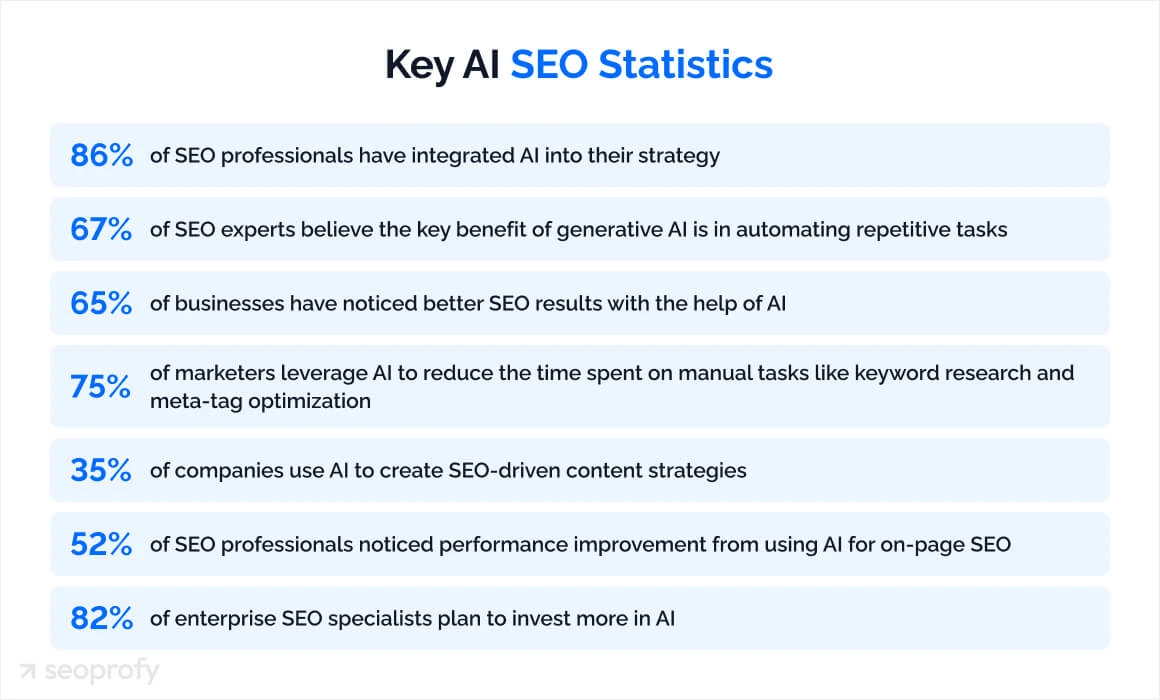
Source: seoprofy
As the search landscape undergoes rapid transformation fueled by AI advances and changing user expectations, businesses find themselves at a crossroads. The rise of zero-click results, AI-powered summaries, and the greater complexity of search queries has created both challenges and opportunities for marketers. To remain competitive, today’s SEO strategy, and the SEO services that support it, must embrace content that demonstrates expertise, originality, and aligns with the real intent behind a search query. Surface-level, generic content is losing its impact—success now depends on creating meaningful, actionable insights that go beyond the basics.
- SEO content must be transformed into something more unique, innovative, and expert-driven to address the growing complexity of searches via AI and voice technology. Source
- Businesses should focus on generating user-centric content authored by experts to provide innovative perspectives and stand out from typical high-ranking content. Source
- Incorporating your company’s in-house expertise into the content strategy can help build trust, connect with users effectively, and drive conversions. Source
- AI Overviews, once featured prominently in 84% of search results during beta testing, now appear in only 7% of queries after their U.S. rollout. Source
- Websites relying on top-of-funnel, question-based content face the risk of declining organic traffic due to AI Overviews and Google’s Helpful Content Update, which prioritize direct answers in search results. Source
- To counteract traffic loss, consider focusing on middle-of-the-funnel content that dives deeper into a topic and delivers value beyond answering basic questions. Source
- As AI-powered search tools like Perplexity and MetaAI gain popularity, marketers must diversify their search strategies to ensure consistent brand visibility across platforms. Source
- Google has increased its emphasis on forum platforms like Reddit and Quora in search results, spotlighting authentic, firsthand user experiences. Source
- Brands can harness this trend by testing targeted paid ads on these platforms and strategically promoting their content to meet audiences where they are. Source
- AI-generated featured snippets have led to a surge in zero-click searches, where users get their answers directly from the search results page, further impacting site traffic. Source
Key Takeaway: Expertise and Value Above All
In a world where AI-driven tools and instant answers dominate the search engine results pages, the key to thriving lies in your ability to differentiate. Content that truly resonates combines two critical factors: exclusive expertise and an in-depth understanding of user challenges and intent. To capture attention amid zero-click results and shrinking organic traffic, explore strategies like shifting focus to detailed middle-of-the-funnel resources or leveraging platforms like Reddit and Quora where user-generated content thrives. These approaches not only enhance your brand’s visibility but also ensure long-term engagement.
Pro Tip:
Don’t just produce expert-driven content—optimize its distribution. Repurpose your high-value articles into infographics or short-form videos for social media, and consider using paid ads to amplify their reach on relevant online forums. Diversifying your content strategy will help sustain visibility in an ever-changing digital environment.
Transforming Customer Engagement with Augmented Reality (AR)
As consumer expectations continue to rise, brands are turning to Augmented Reality (AR) to deliver truly immersive and tailored experiences. AR isn’t just a futuristic concept—it’s already reshaping the way customers interact with products and services, bridging the gap between physical and digital spaces. From trying on clothes virtually to touring properties from the comfort of your home, AR is becoming a game-changer for marketers looking to captivate audiences while driving meaningful engagement.
- The global AR market is set to soar to \$198 billion by 2025, driven largely by its integration into mobile marketing campaigns. Source
- AR experiences significantly enhance user interaction, offering dynamic and memorable engagement that surpasses traditional media in attention retention. Source
- With AR-enabled product visualization, consumers can virtually try items, such as makeup or furniture, reducing uncertainty and minimizing return rates. Beauty brands are already leveraging this innovation for virtual try-ons. Source
- Retailers like Warby Parker and IKEA are embracing AR for virtual try-ons and product placement, transforming the shopping experience. Source
- The real estate industry is utilizing AR for property tours, allowing prospective buyers to explore homes remotely with unparalleled depth and convenience. Source
Key Takeaway: Growing adoption of AR across industries
The growing adoption of AR across industries is more than a passing trend, it’s a strategic shift that redefines customer experiences. By immersing users in interactive content, AR not only fosters deeper connections but also drives better business outcomes such as higher conversion rates and customer satisfaction. As AR tools become more accessible, even small to mid-sized businesses can effectively harness this technology to differentiate themselves in competitive markets.
Pro Tip:
Start small with AR integrations that align with your brand’s goals—like interactive filters on Instagram or virtual try-on features for your top-selling products. Tools like 8thWall and Blippar can help you incorporate AR without extensive development costs. Keep in mind that maximising digital marketing ROI means using analytics to measure engagement and continually refining your AR strategy based on performance insights.
Driving Deeper Connections with Advanced Video Analytics
As video marketing continues to dominate in 2025, understanding audience behavior will set apart the good from the truly transformative. Advanced video analytics has shifted from being a nice-to-have to a must-have, arming marketers with actionable insights into how viewers consume content. Beyond just tracking views, these tools dive into metrics like watch time, click-through rates, and viewer drop-off points—helping brands uncover what truly captures attention and what falls flat. The power lies in harnessing this data to create videos that don’t just inform but also inspire action.
- Advanced analytics enable brands to fine-tune their video content based on actual user data, resulting in more effective and engaging videos. Source
- By using data, brands can optimize their video content to align with audience preferences and achieve better results. Source
Key Takeaway: Investing in advanced video analytics is no longer just about improving videos
it’s about creating a seamless loop of feedback and refinement. By analyzing how viewers interact with your content, you’re not only improving engagement but also building long-term brand affinity based on content that genuinely resonates.
Pro Tip:
Go beyond surface-level analytics like view counts. Dive deeper into behavioral trends, such as where viewers pause or rewind, and use those insights to craft targeted follow-ups or updated versions of your videos. These small tweaks can lead to exponential improvements in engagement and ROI.
Conclusion
The marketing landscape is undergoing a transformative shift as AI, augmented reality, and advanced analytics redefine how businesses connect with their audiences. From hyper-personalized campaigns to AI-powered lead management and content automation, the trends outlined above highlight the endless possibilities for enhancing engagement, efficiency, and ROI in 2025. Marketers who embrace these tools can unlock deeper insights, create immersive experiences, and deliver tailored solutions that resonate with their target audience.
However, success in this evolving environment requires more than just adoption—it demands a strategic approach that balances automation with authenticity. As AI continues to take on repetitive tasks and data analysis, the human touch remains critical for building trust and fostering meaningful relationships with customers.
Are you ready to adapt, innovate, and lead in this new era of marketing? Stay ahead of the curve by exploring cutting-edge strategies and tools that can elevate your business. If you’re ready to supercharge your business, don’t hesitate to get in touch with our full-service marketing pros for a free quote. Let’s navigate the future of marketing together and achieve lasting success.
About How Top Marketing Trends Are Evolving in 2025
This guide was written by the Scopic Studios team and reviewed by Araksya Hakobjanyan, SEO Lead at Scopic Studios.
Scopic Studios delivers exceptional and engaging content rooted in our expertise across marketing and creative services. Our team of talented writers and digital experts excel in transforming intricate concepts into captivating narratives tailored for diverse industries. We’re passionate about crafting content that not only resonates but also drives value across all digital platforms.
Note: This feature blog’s image are sourced from Freepik.





